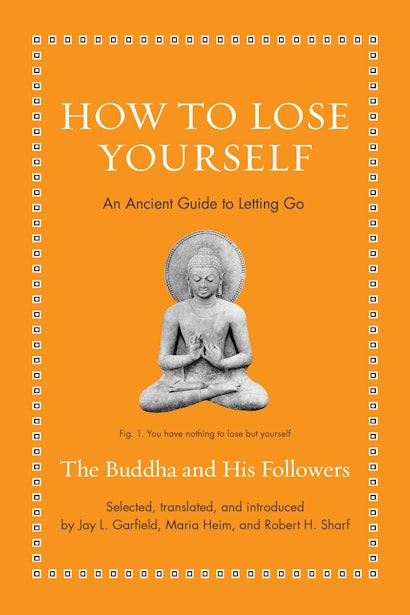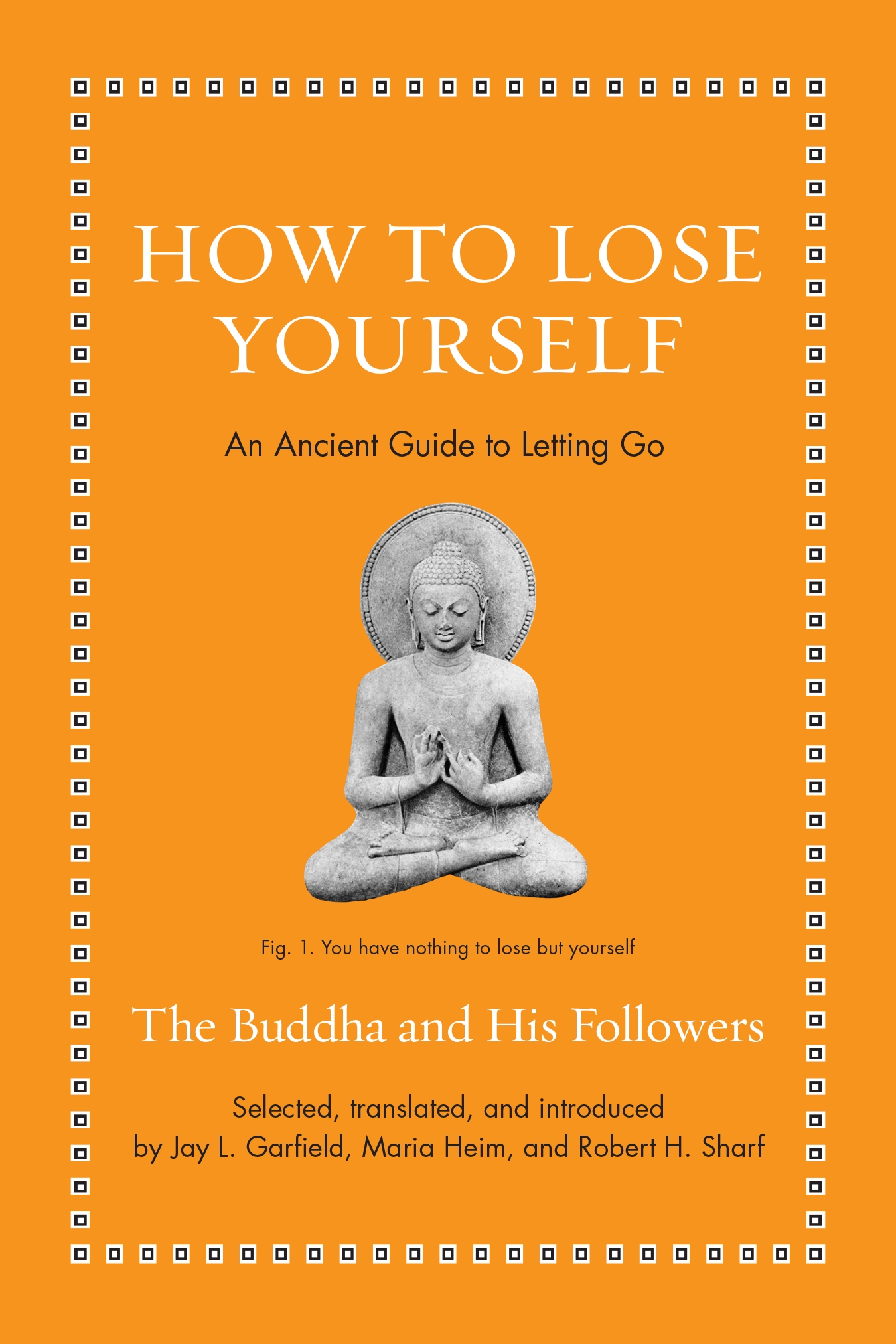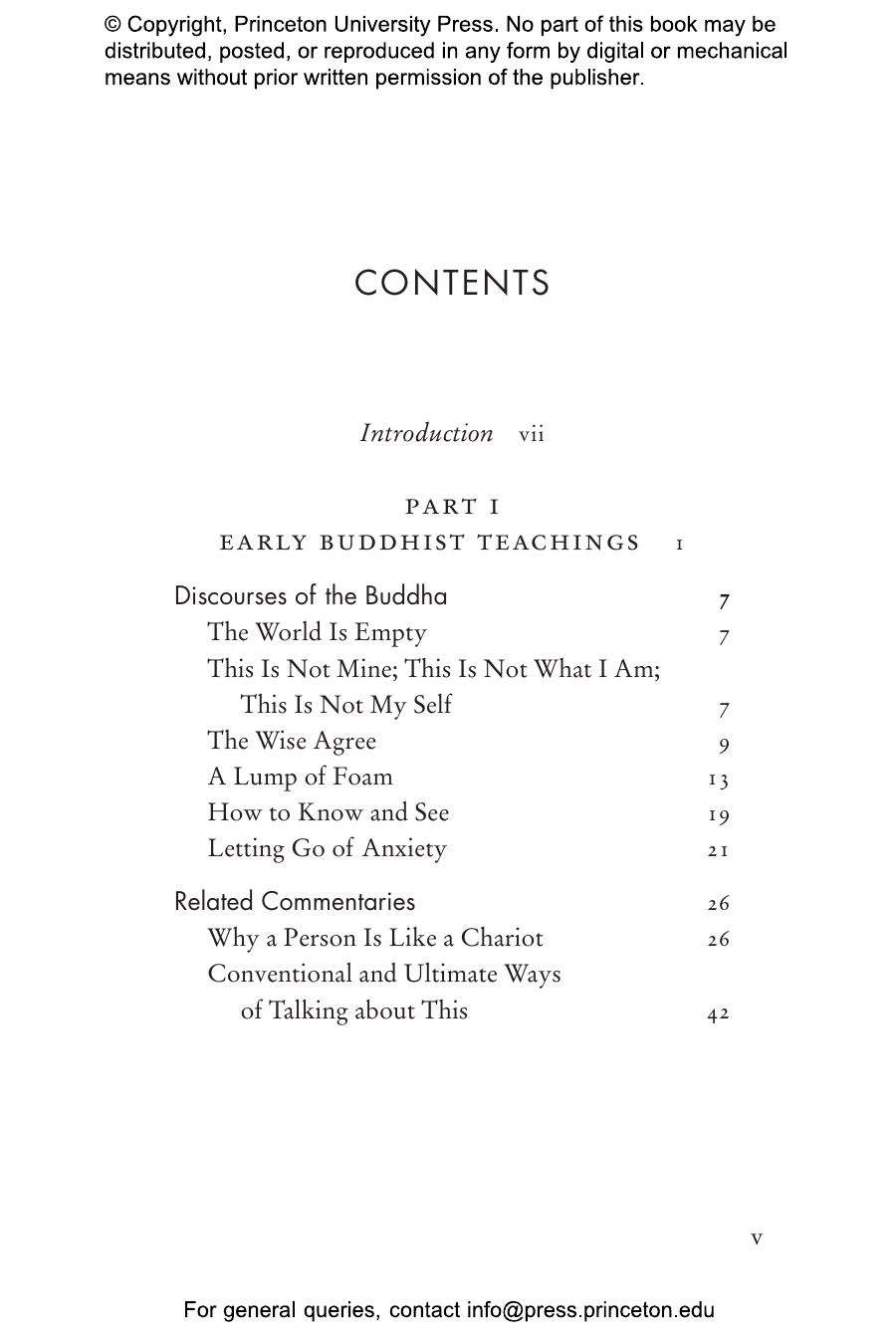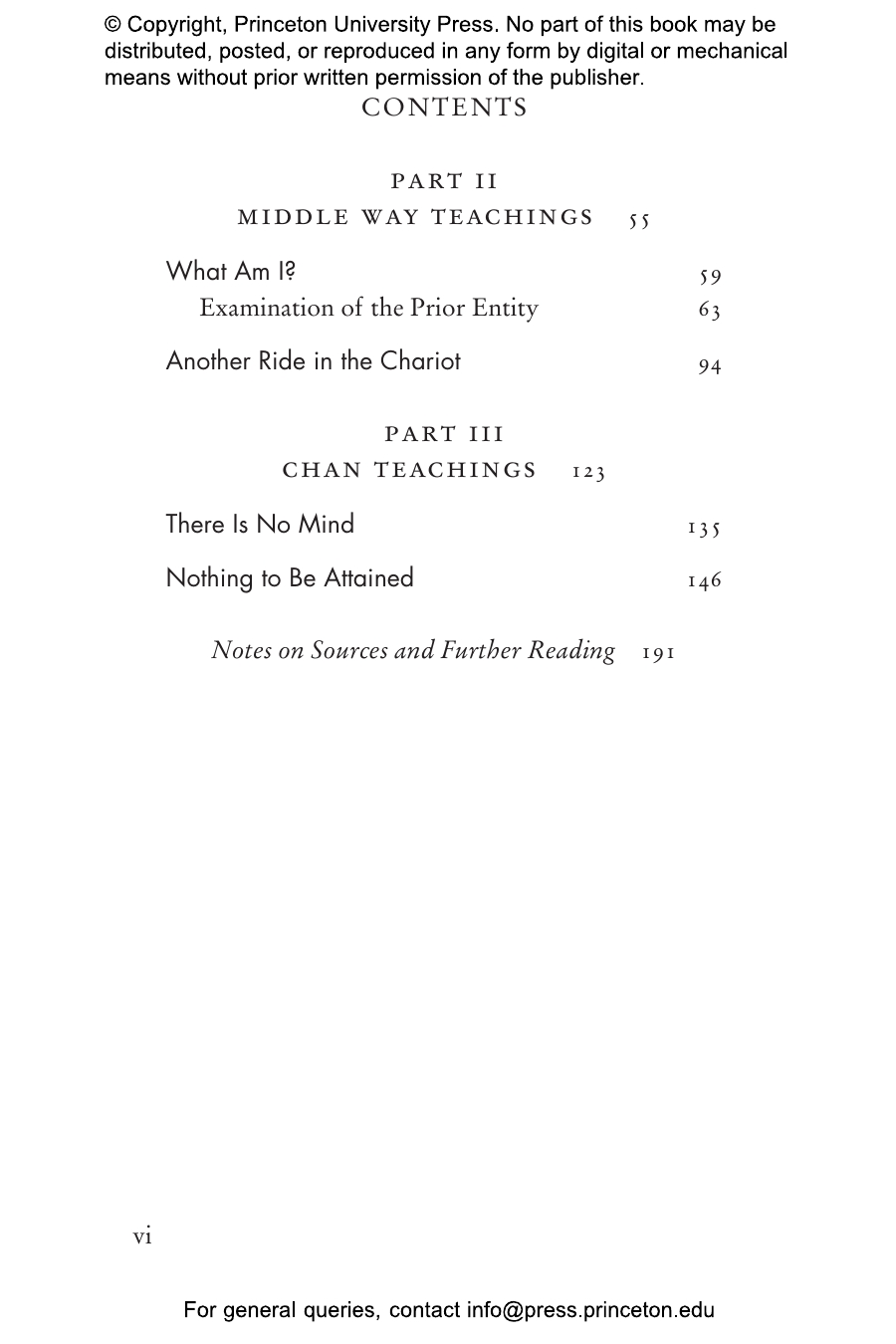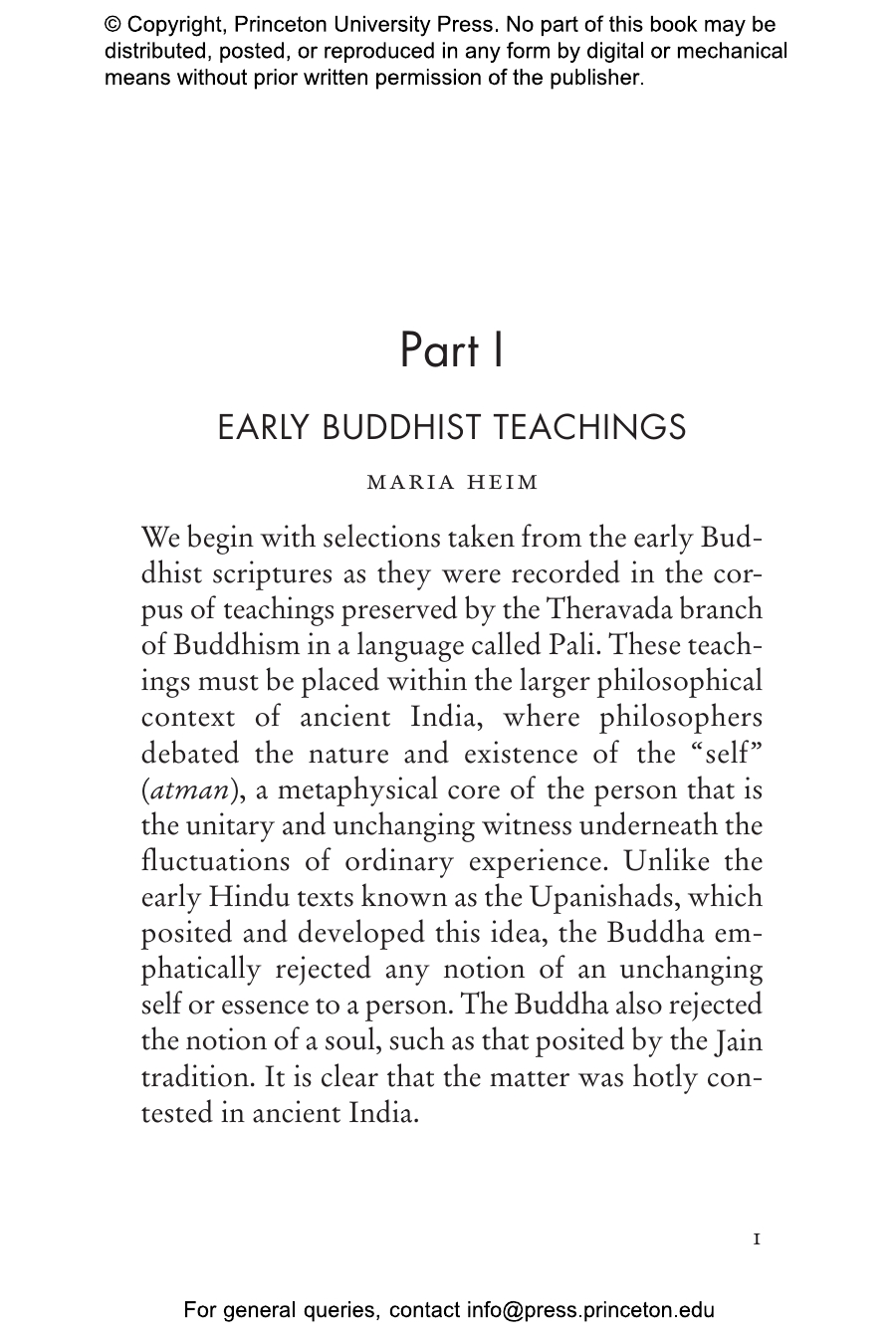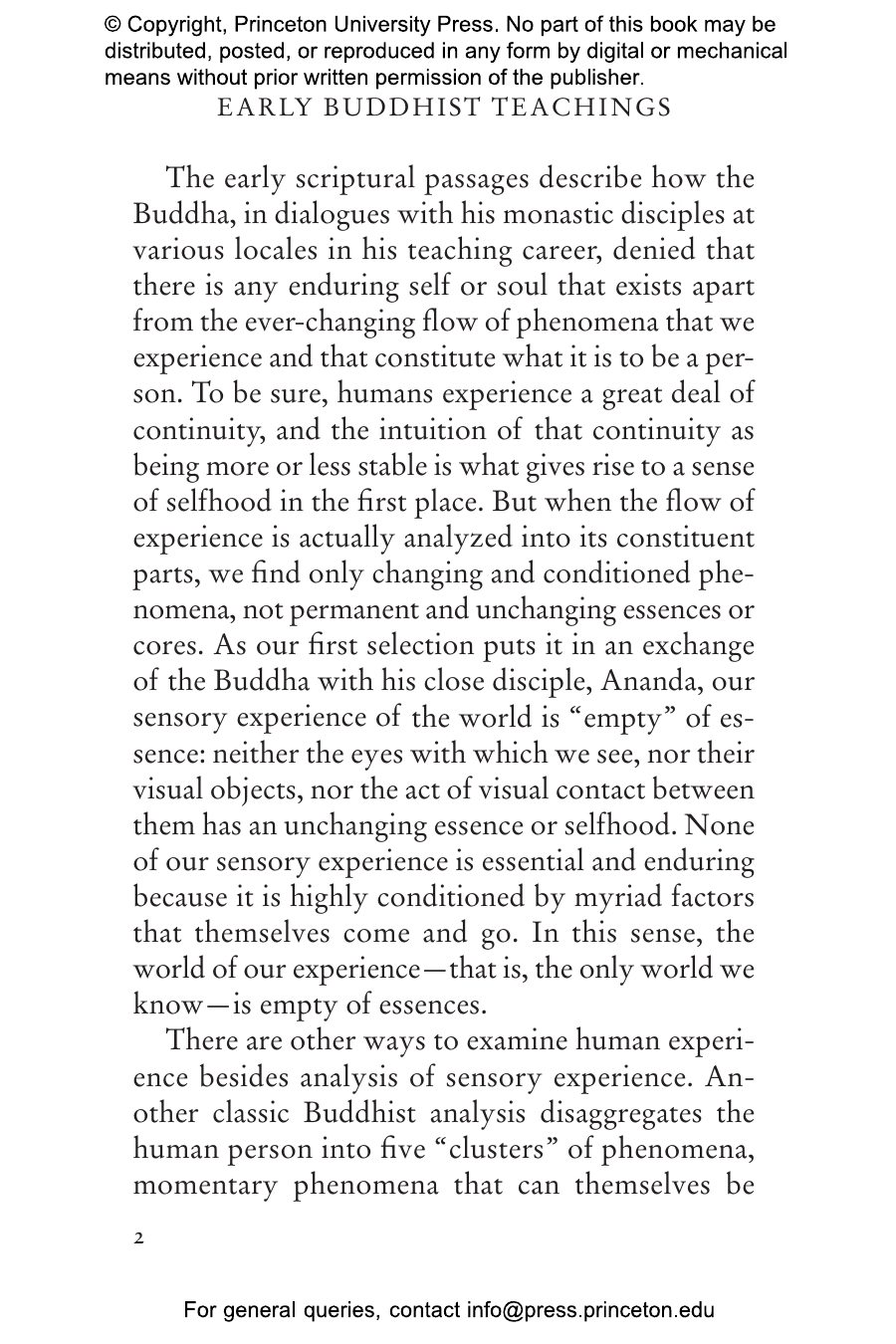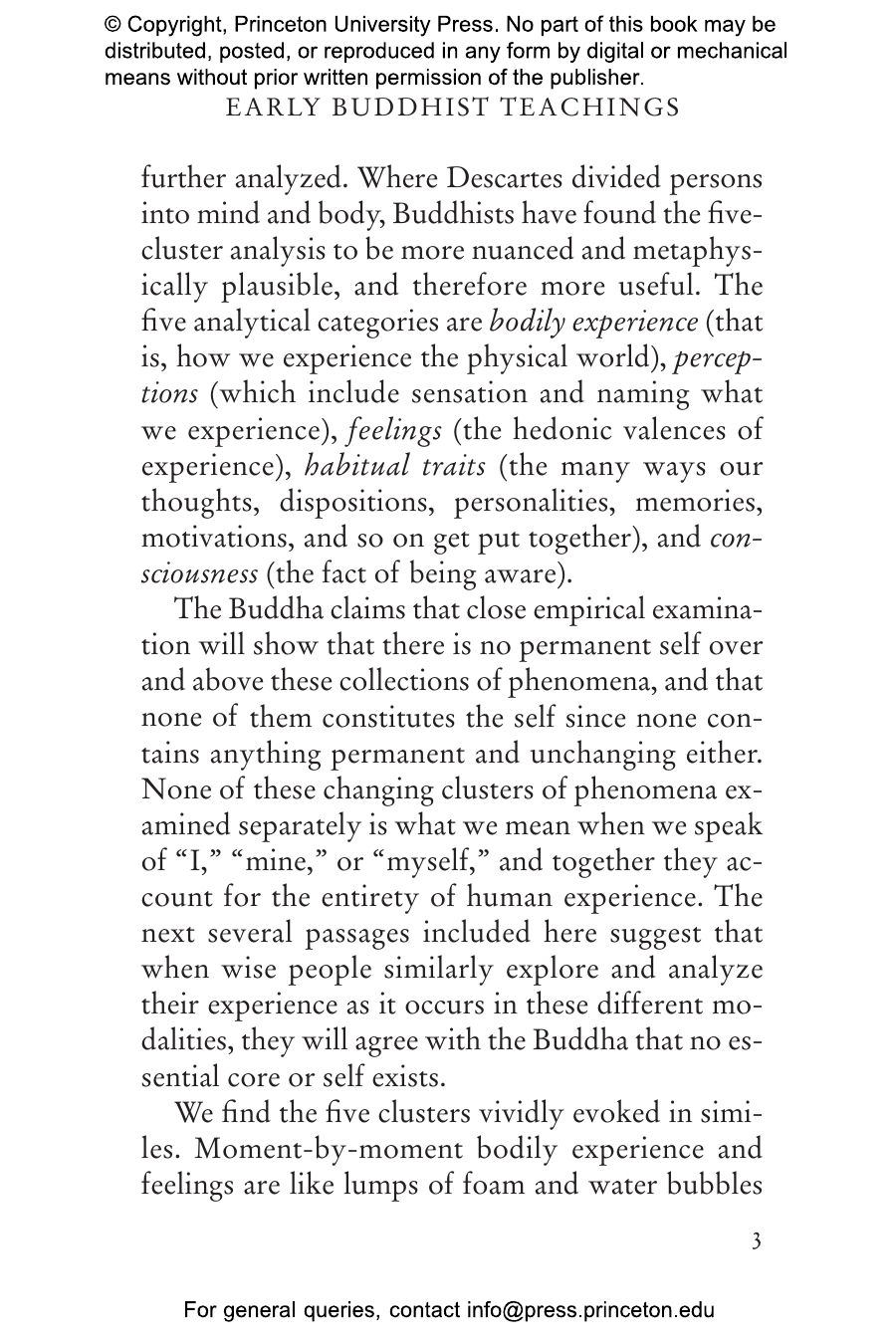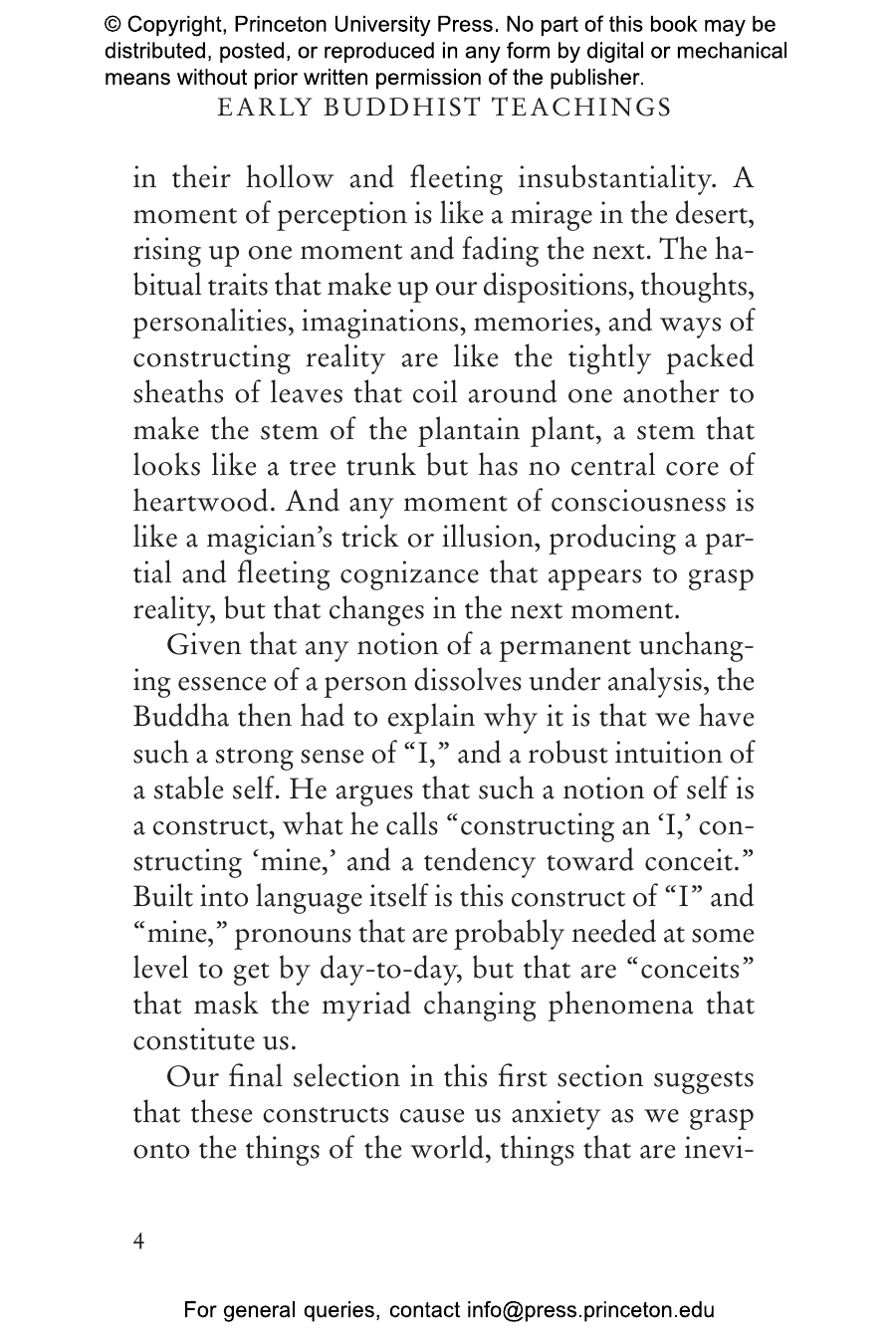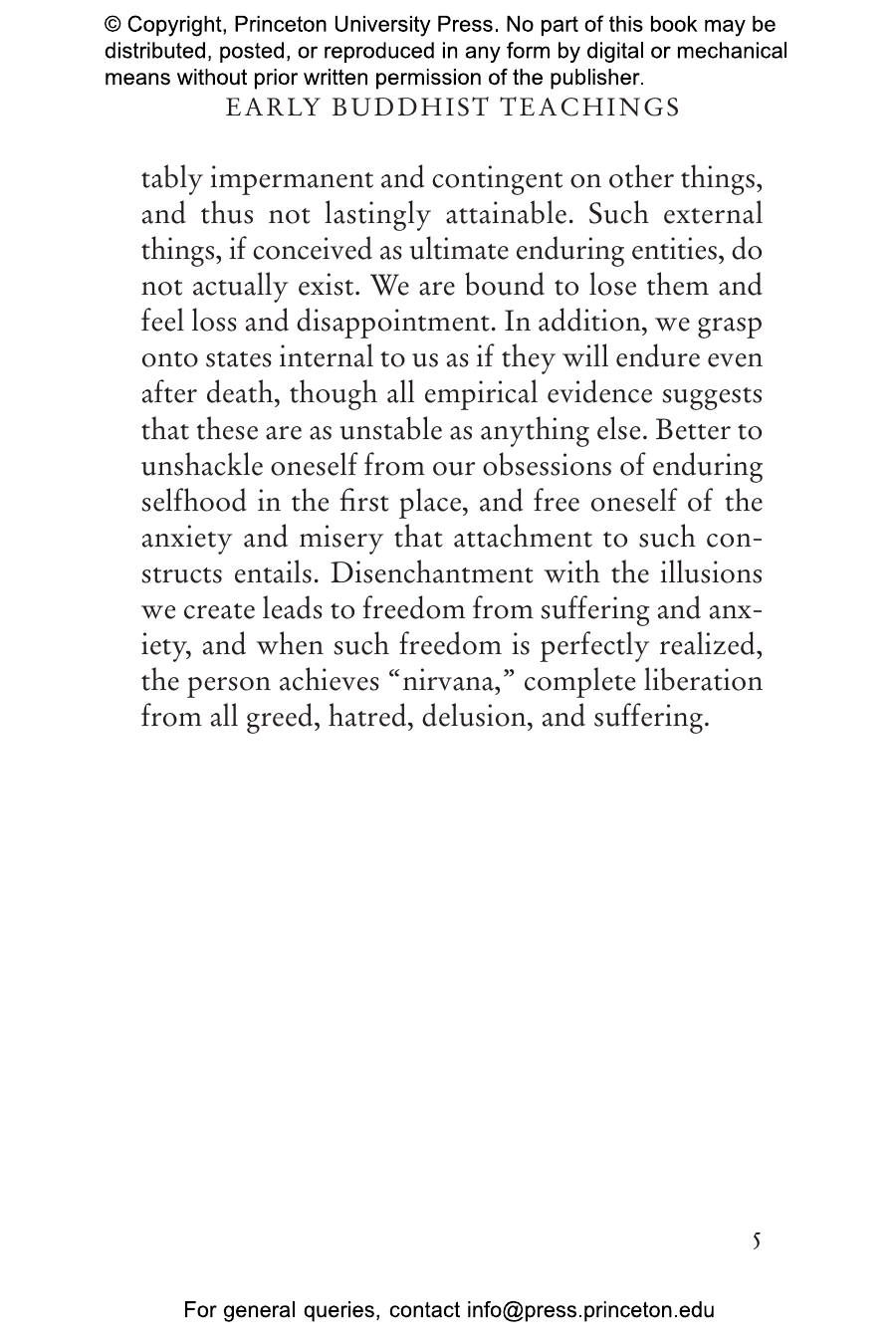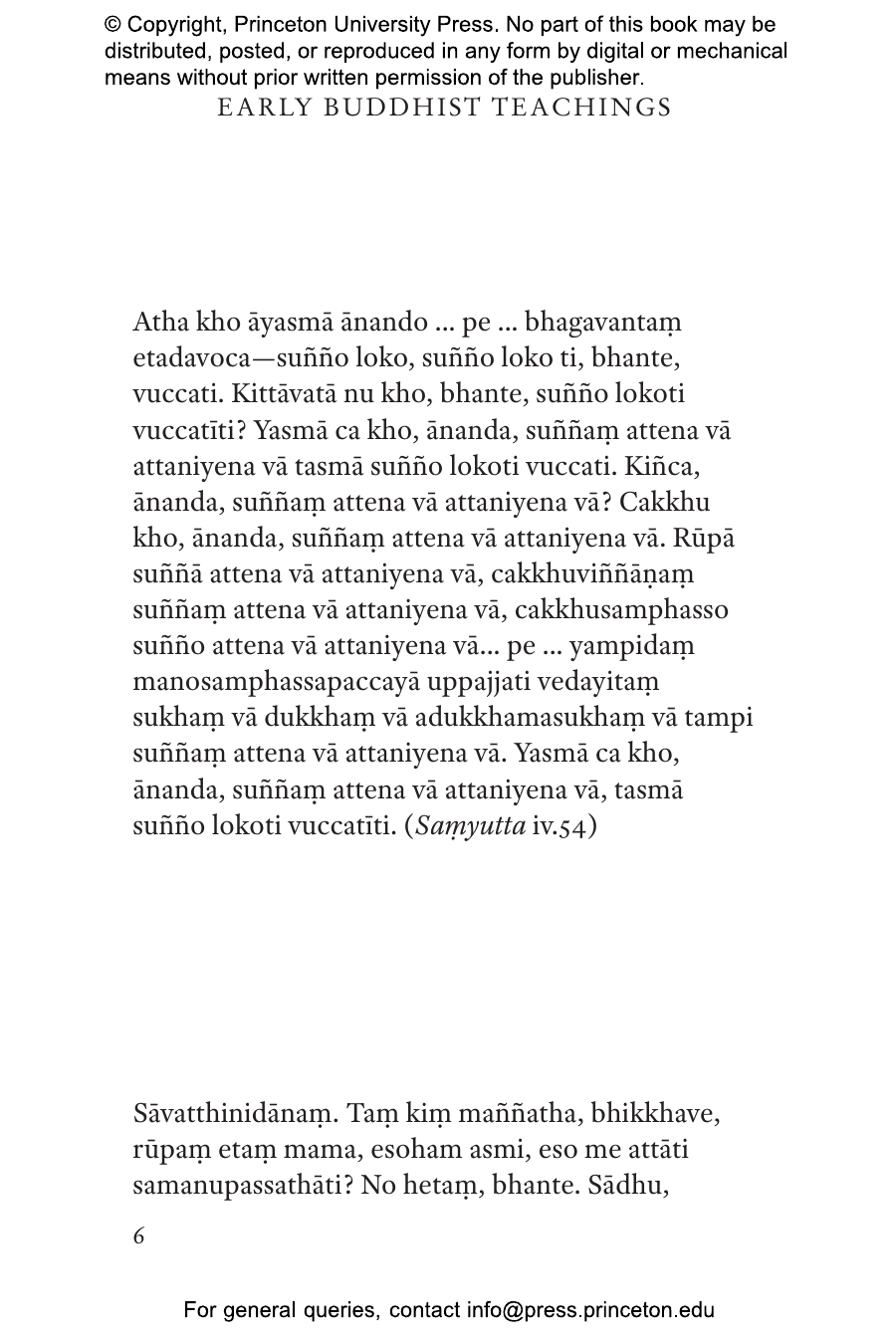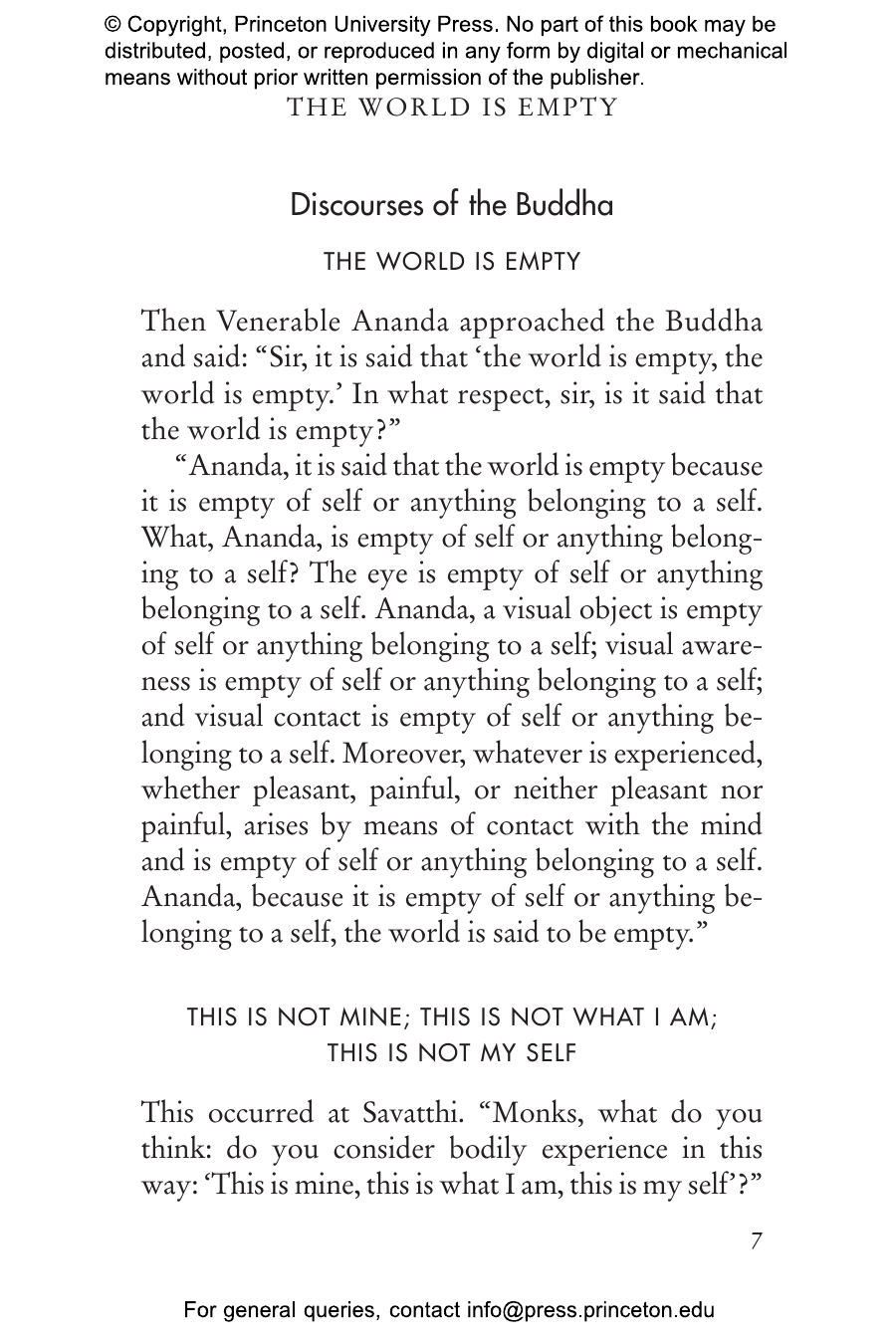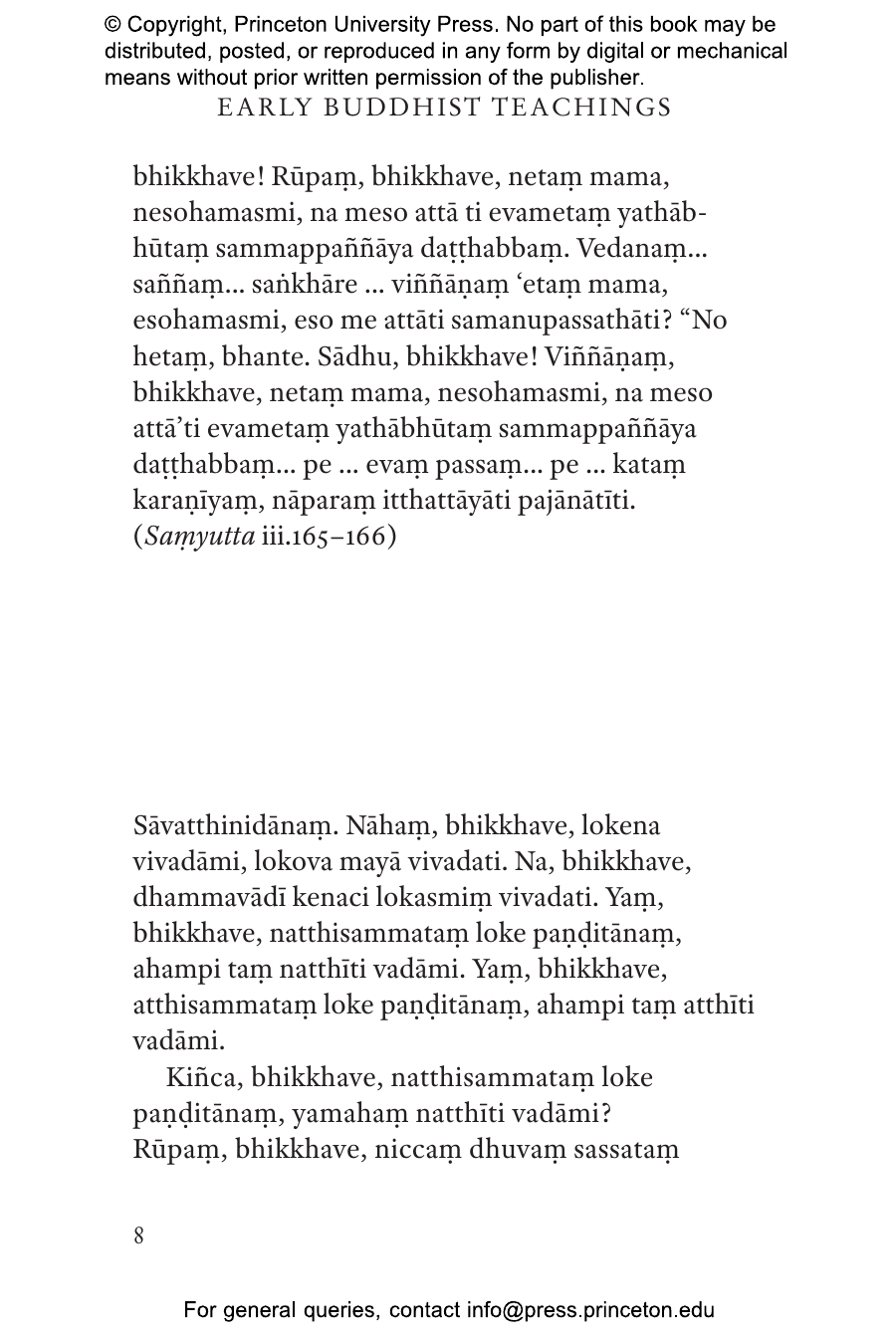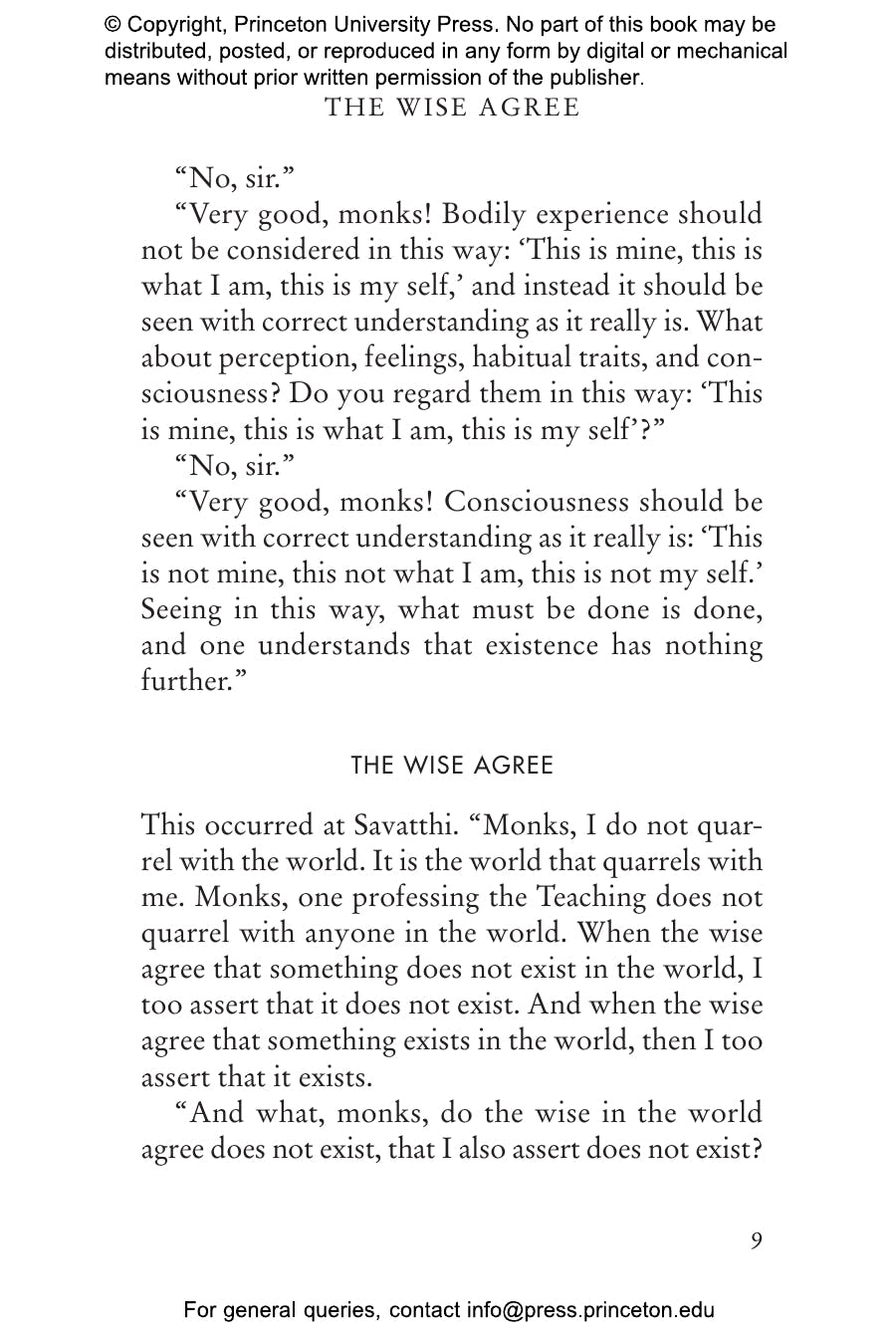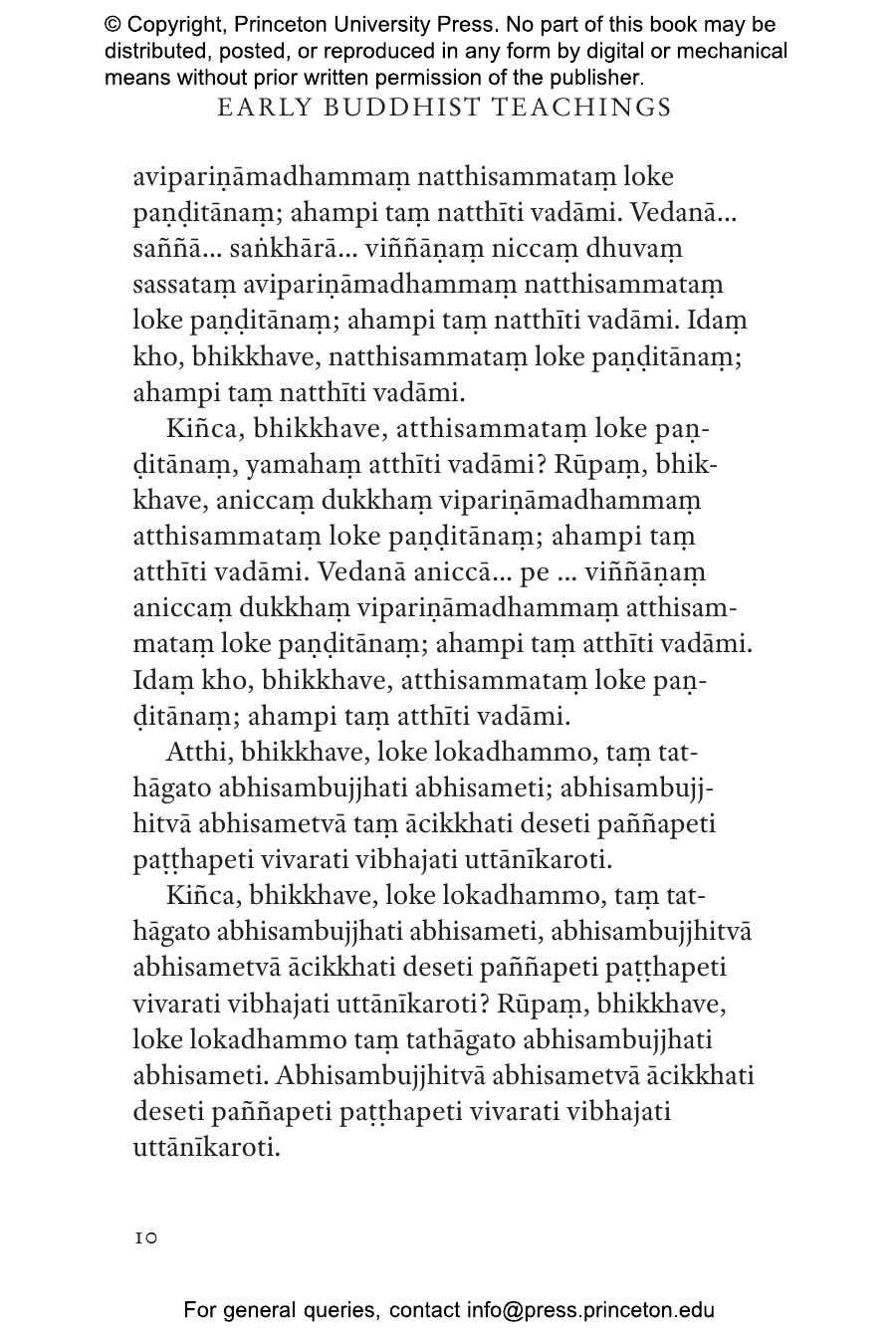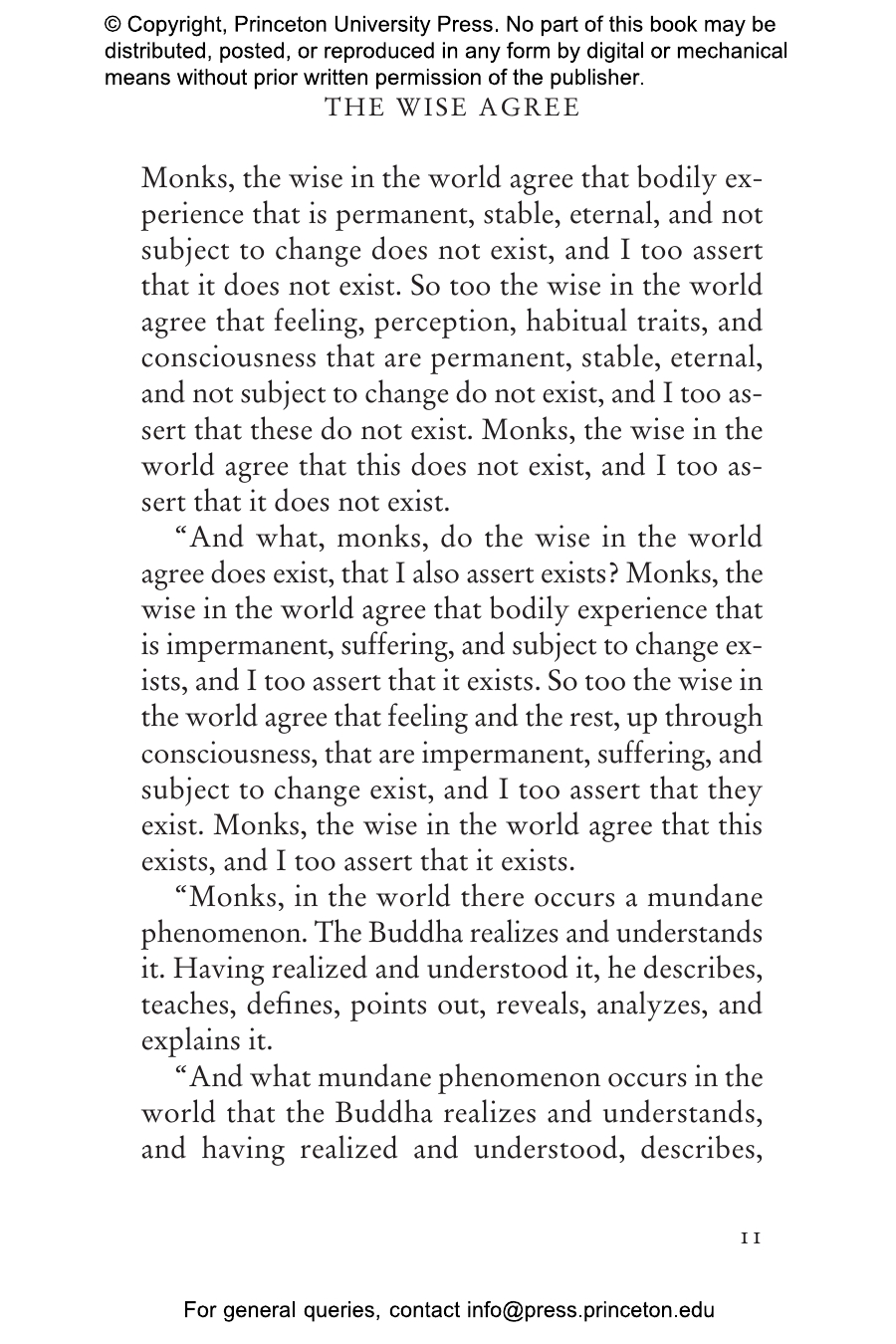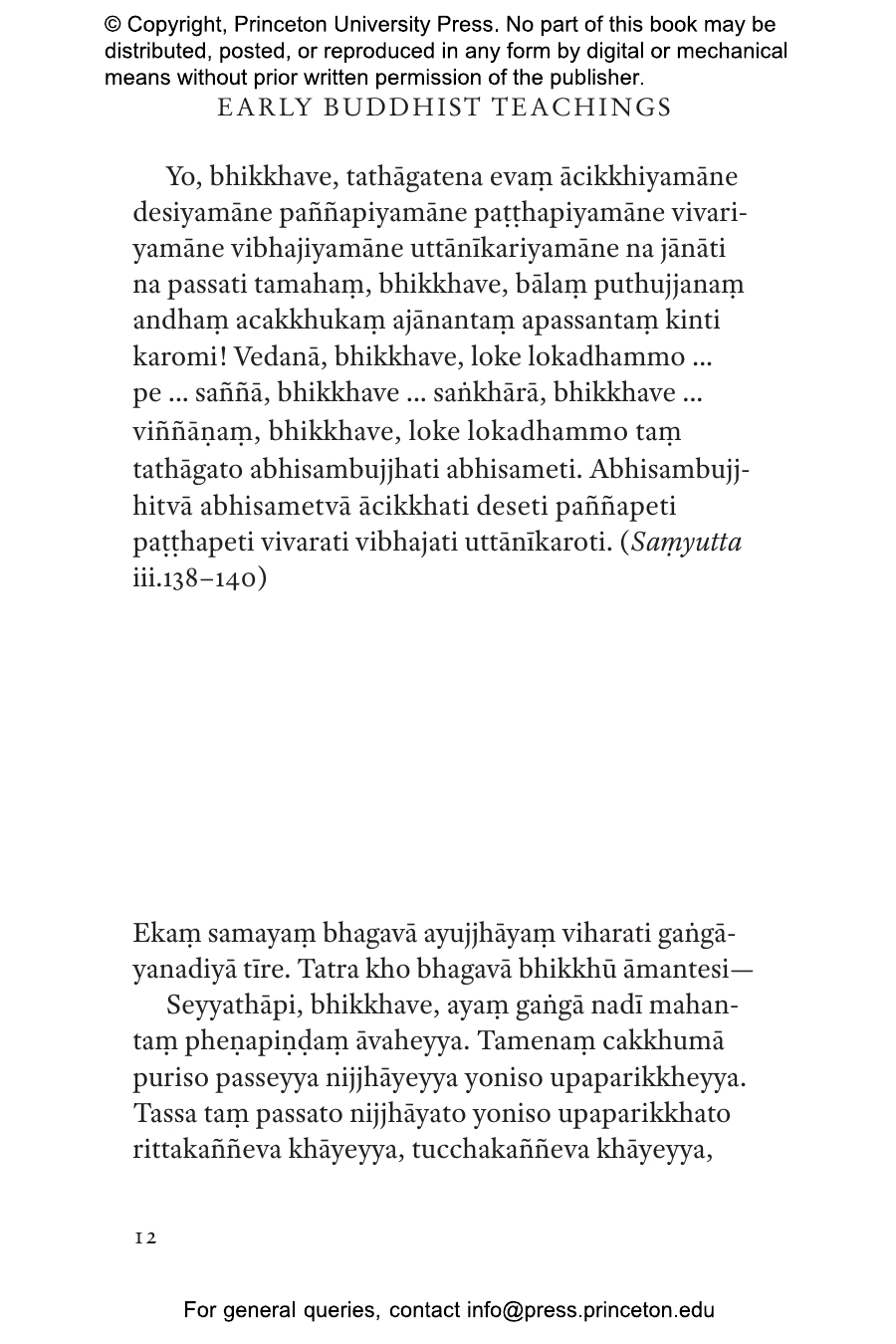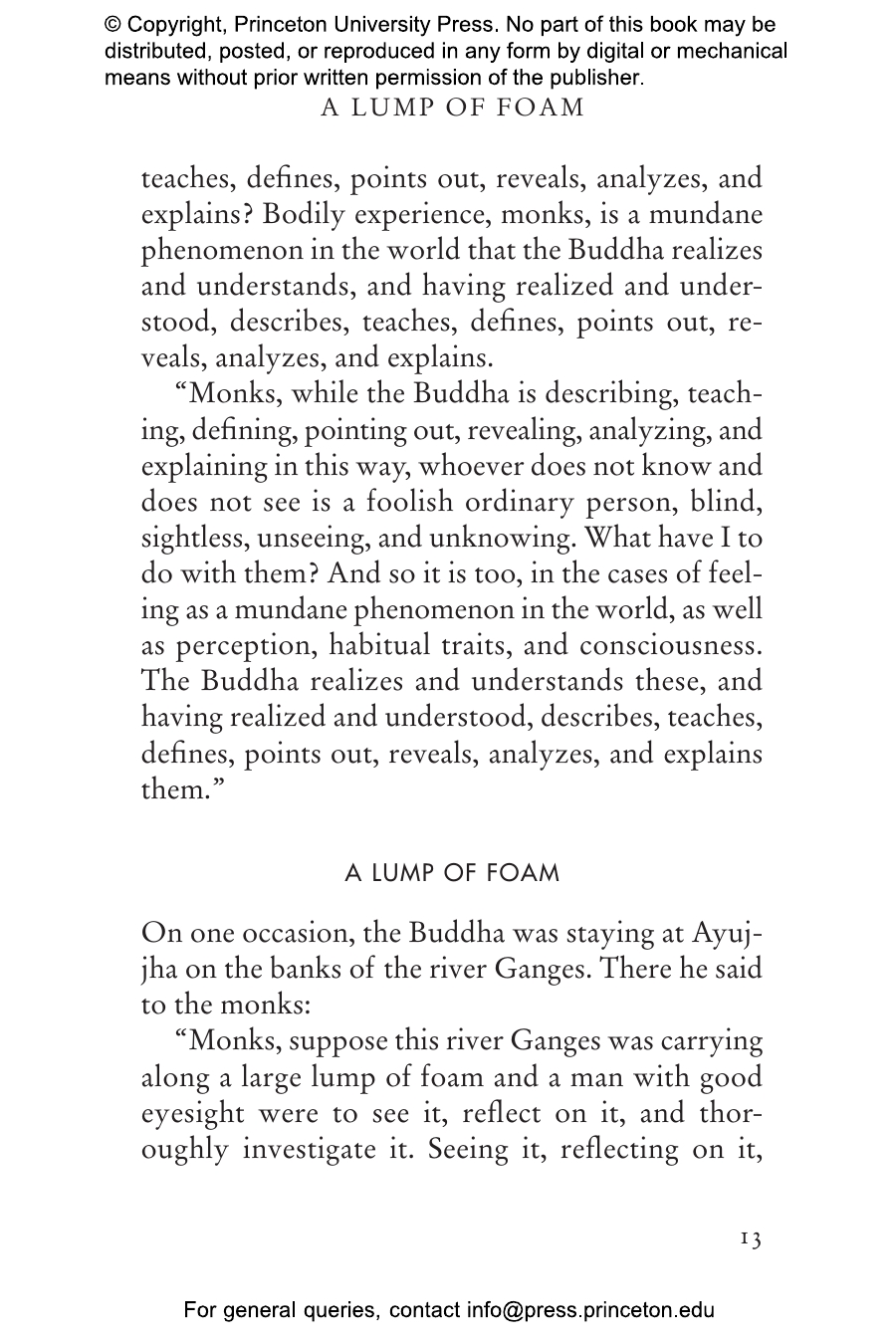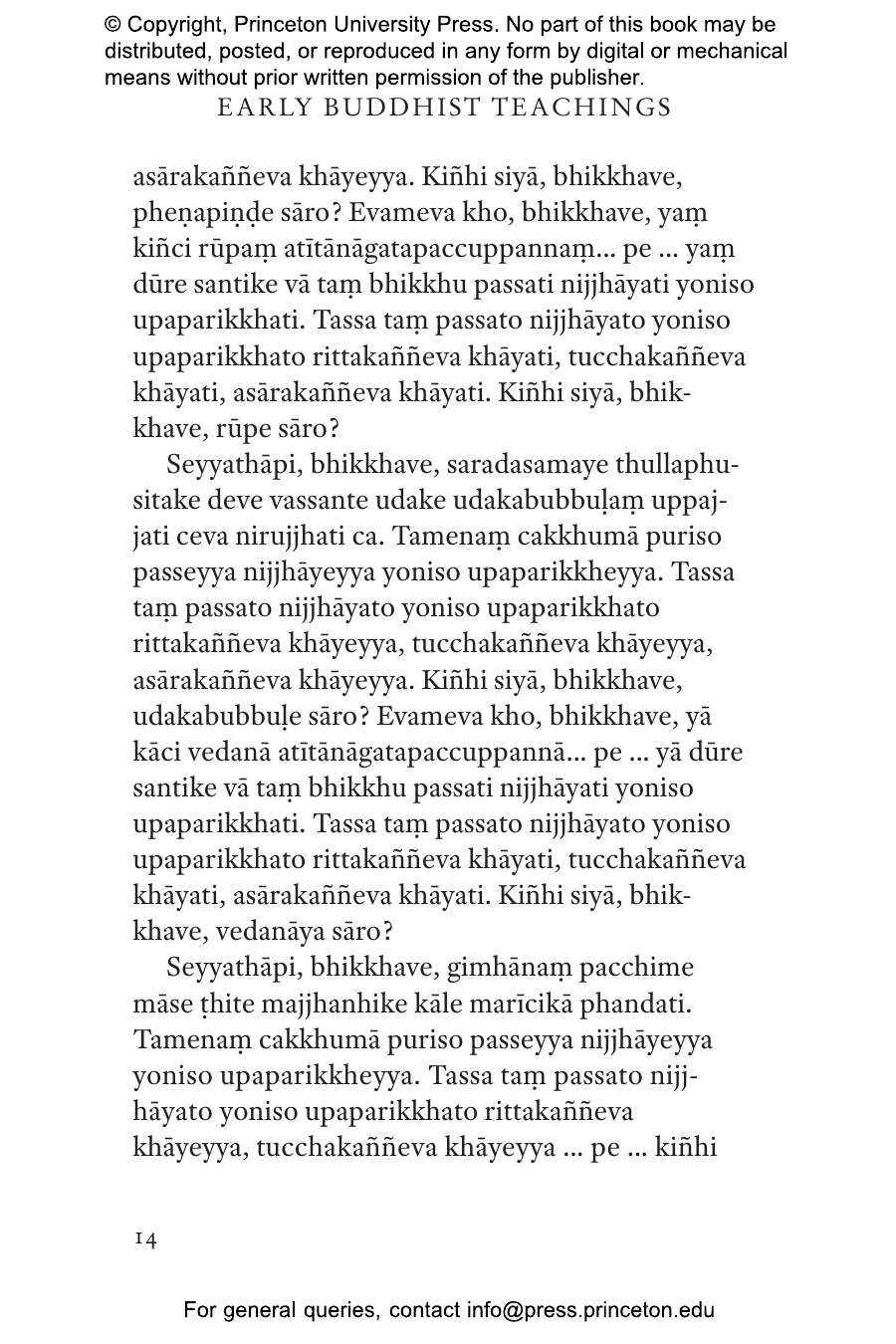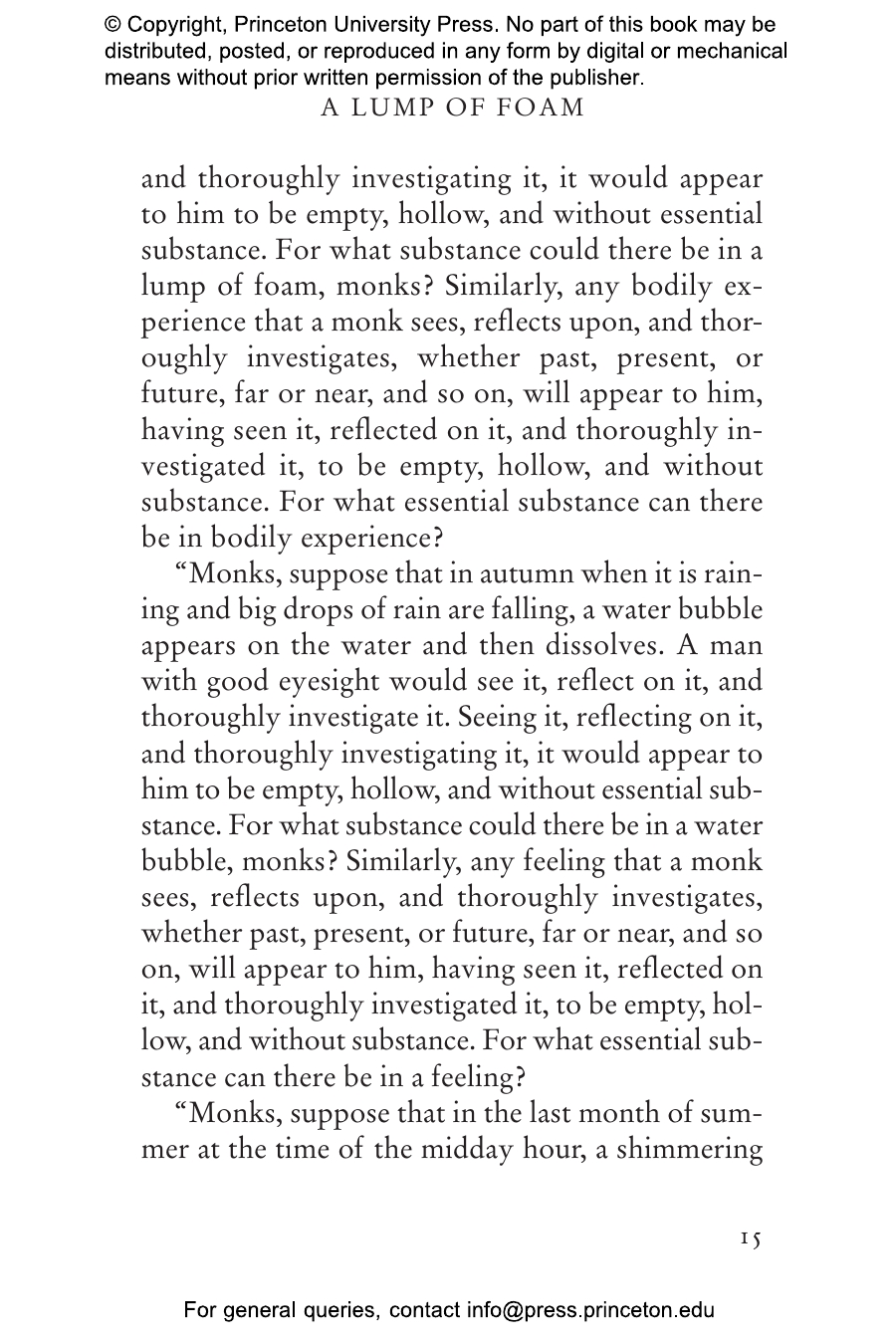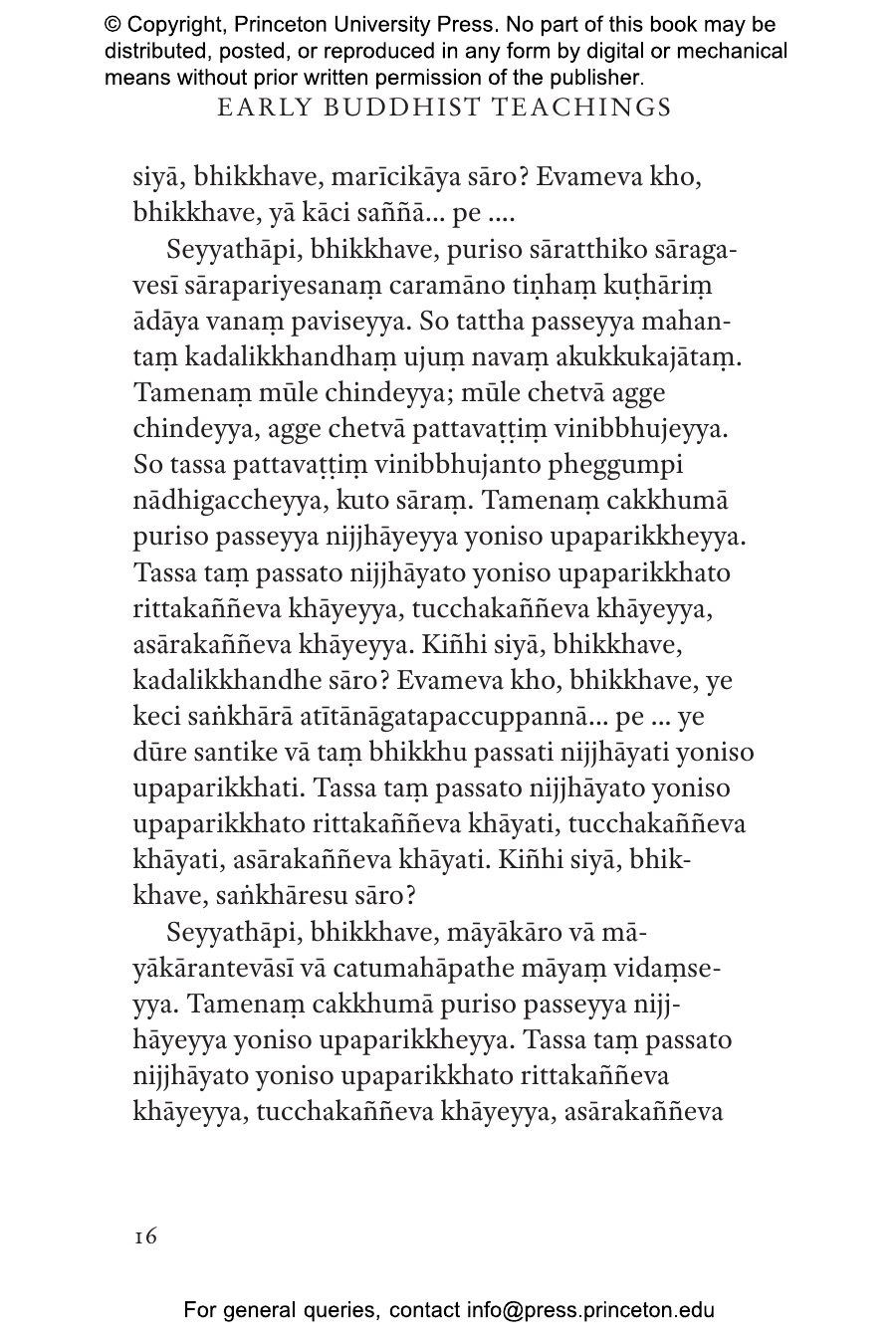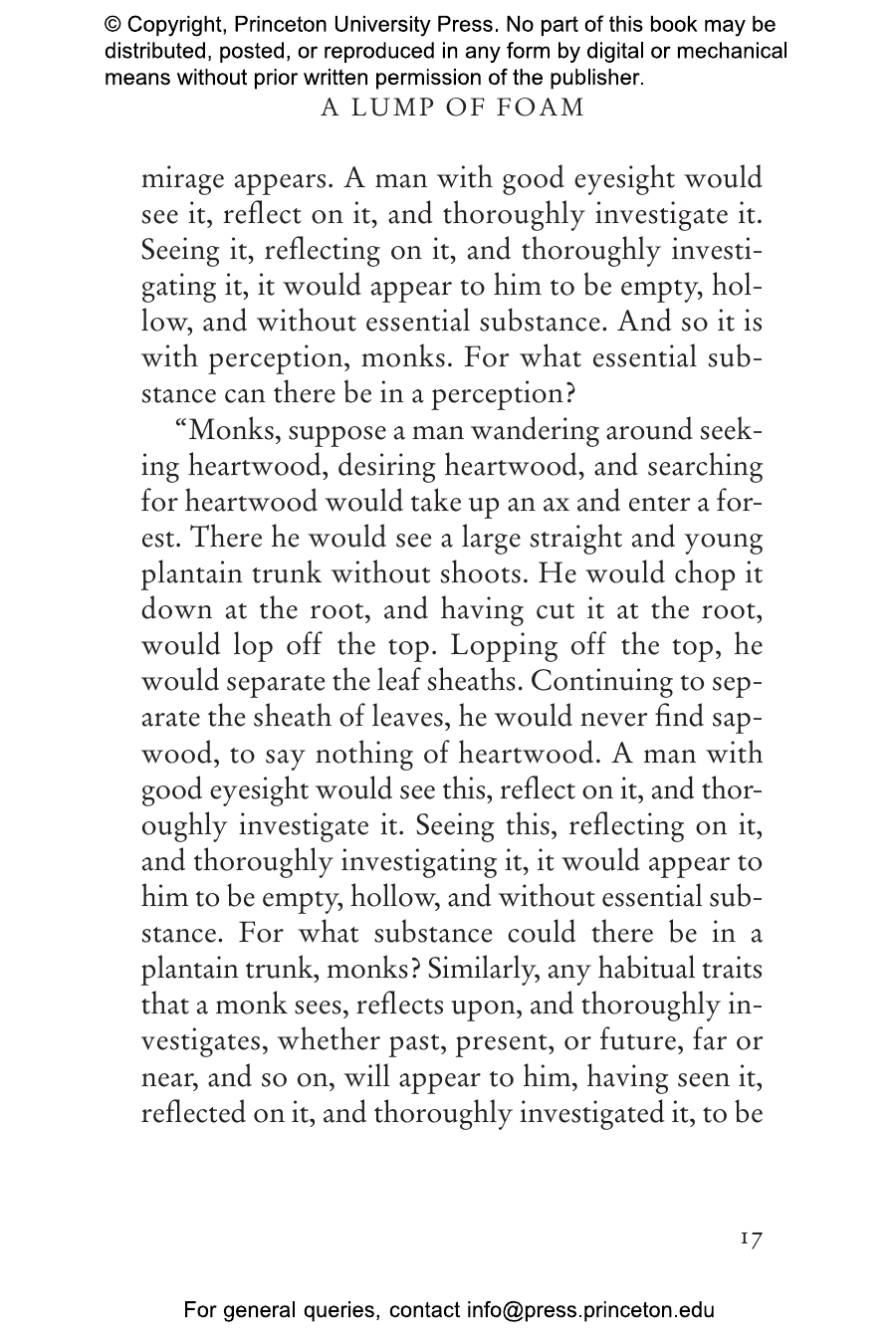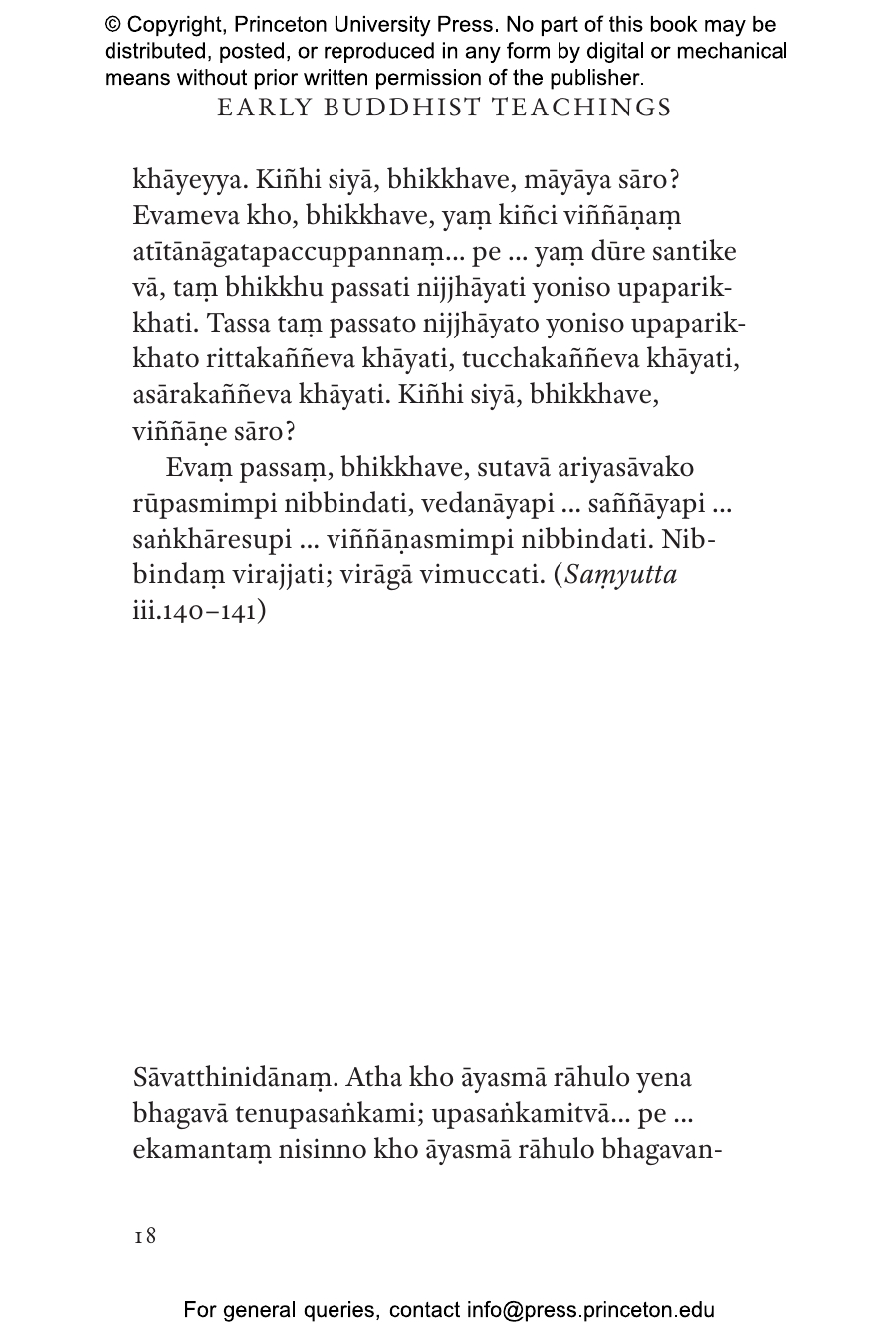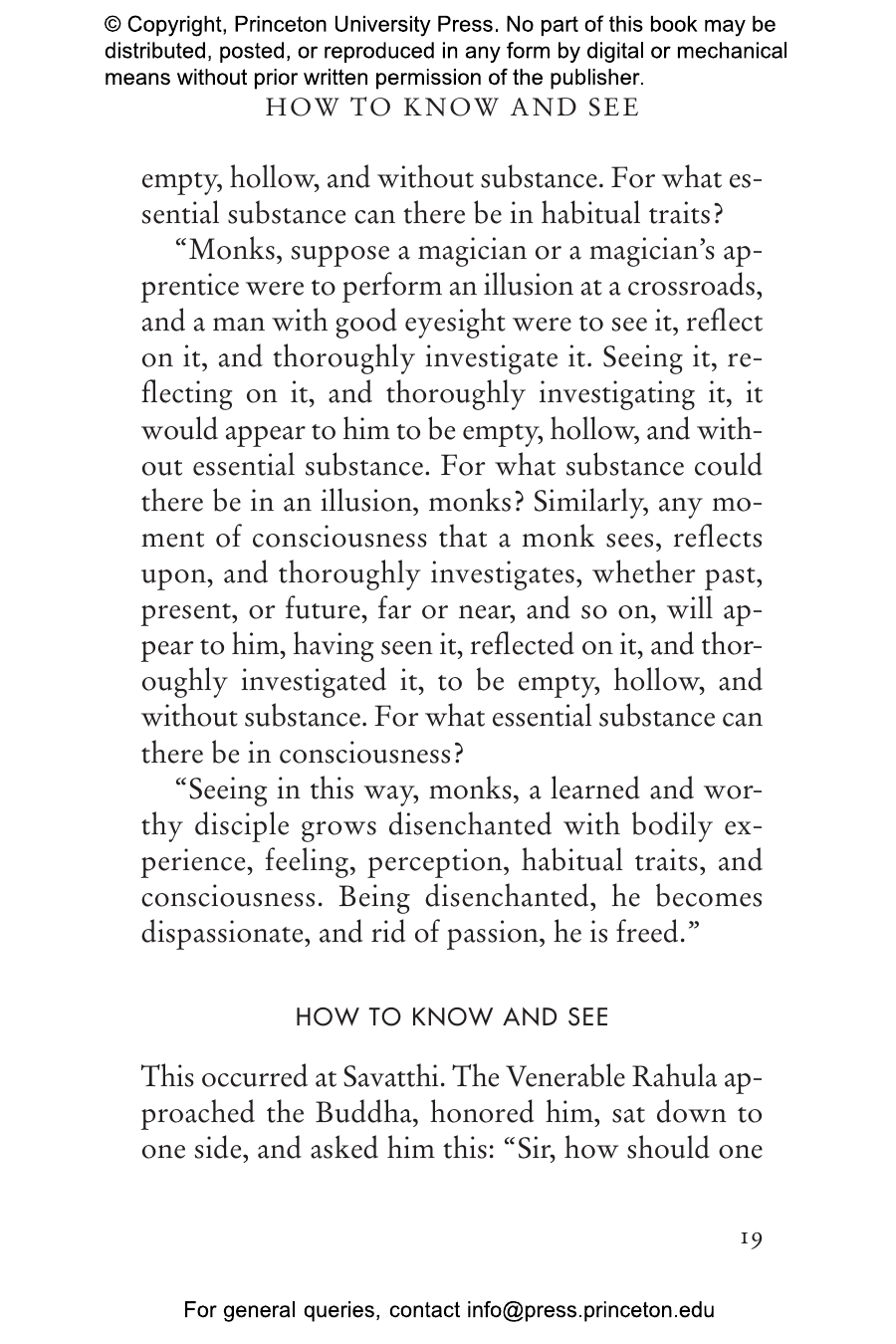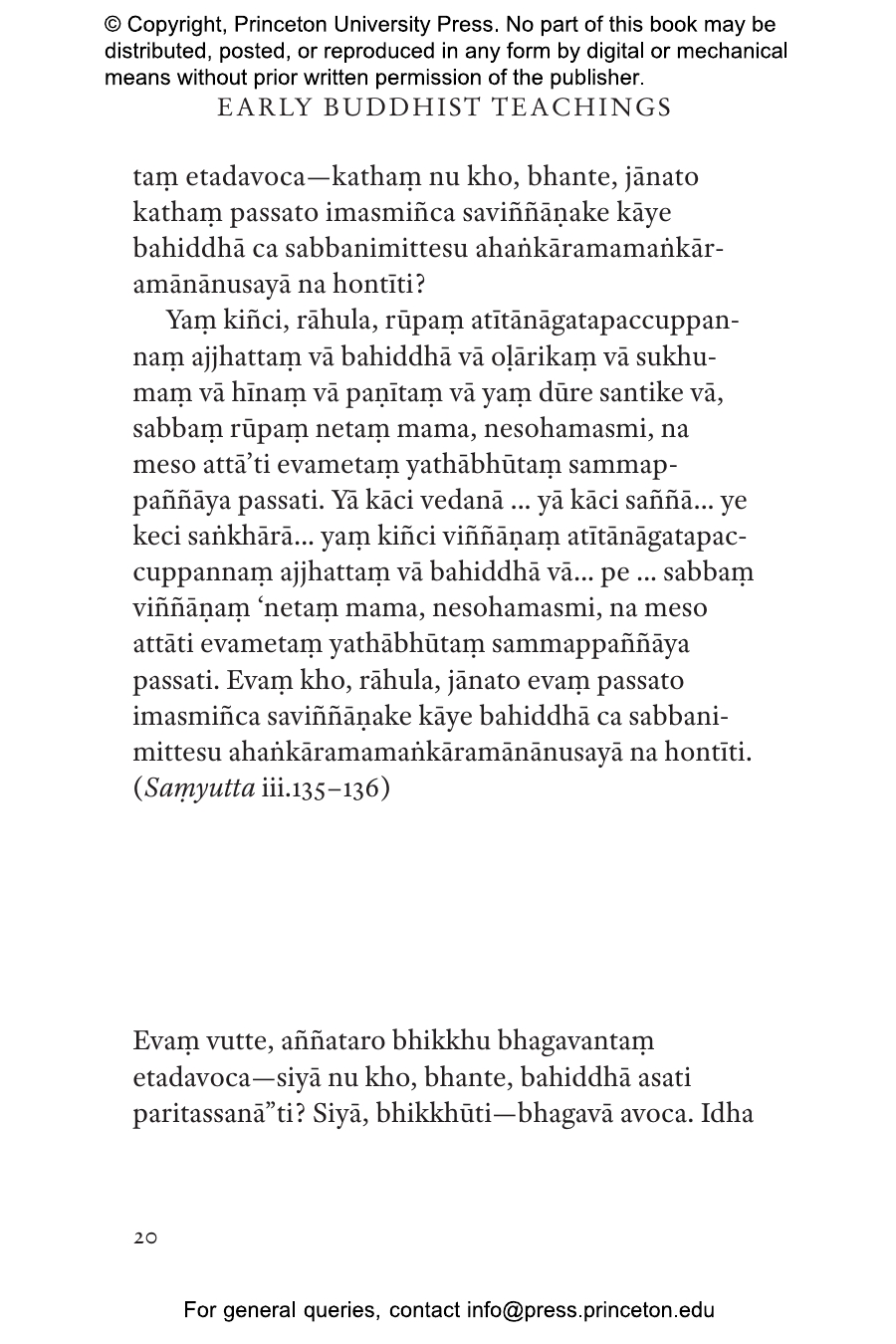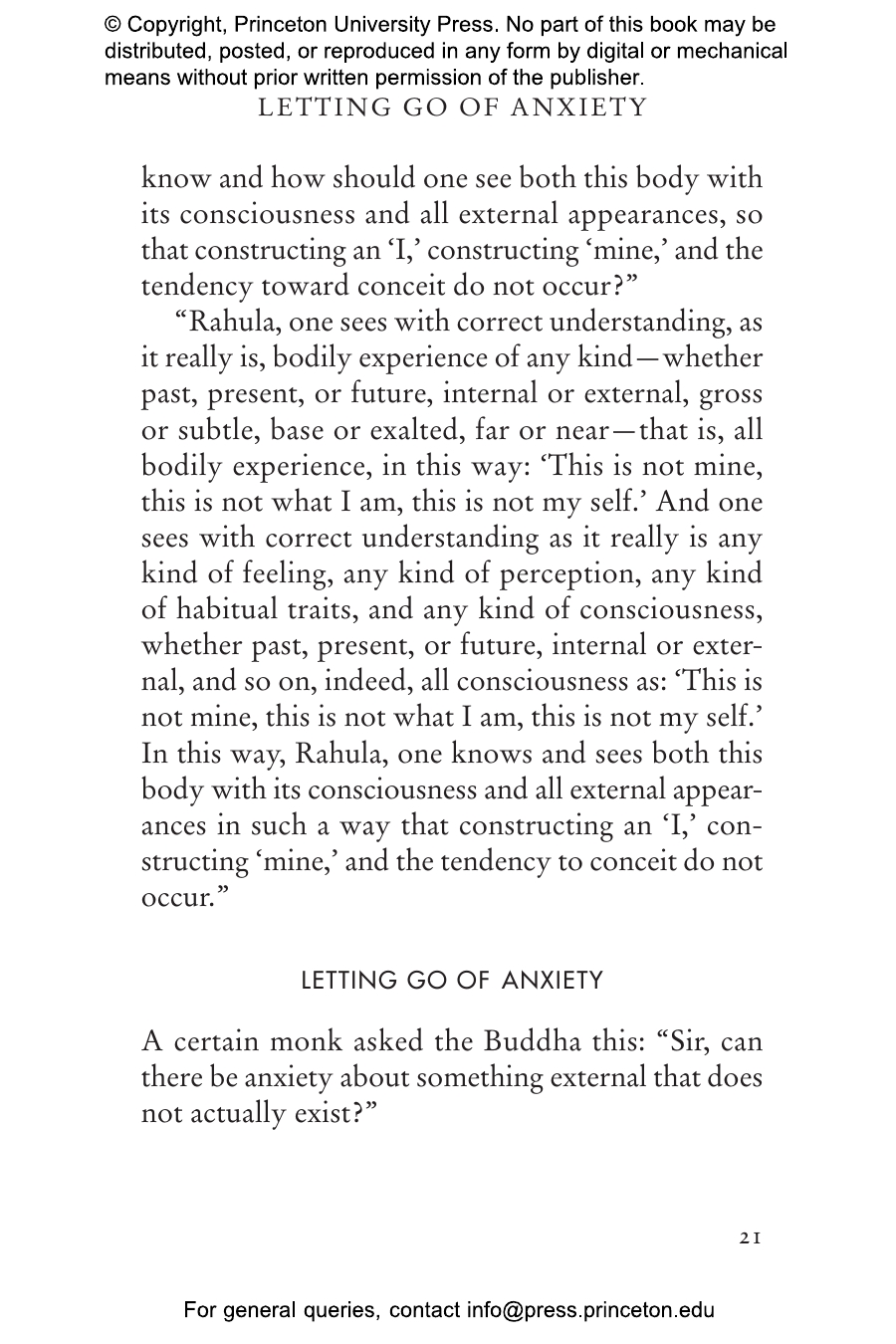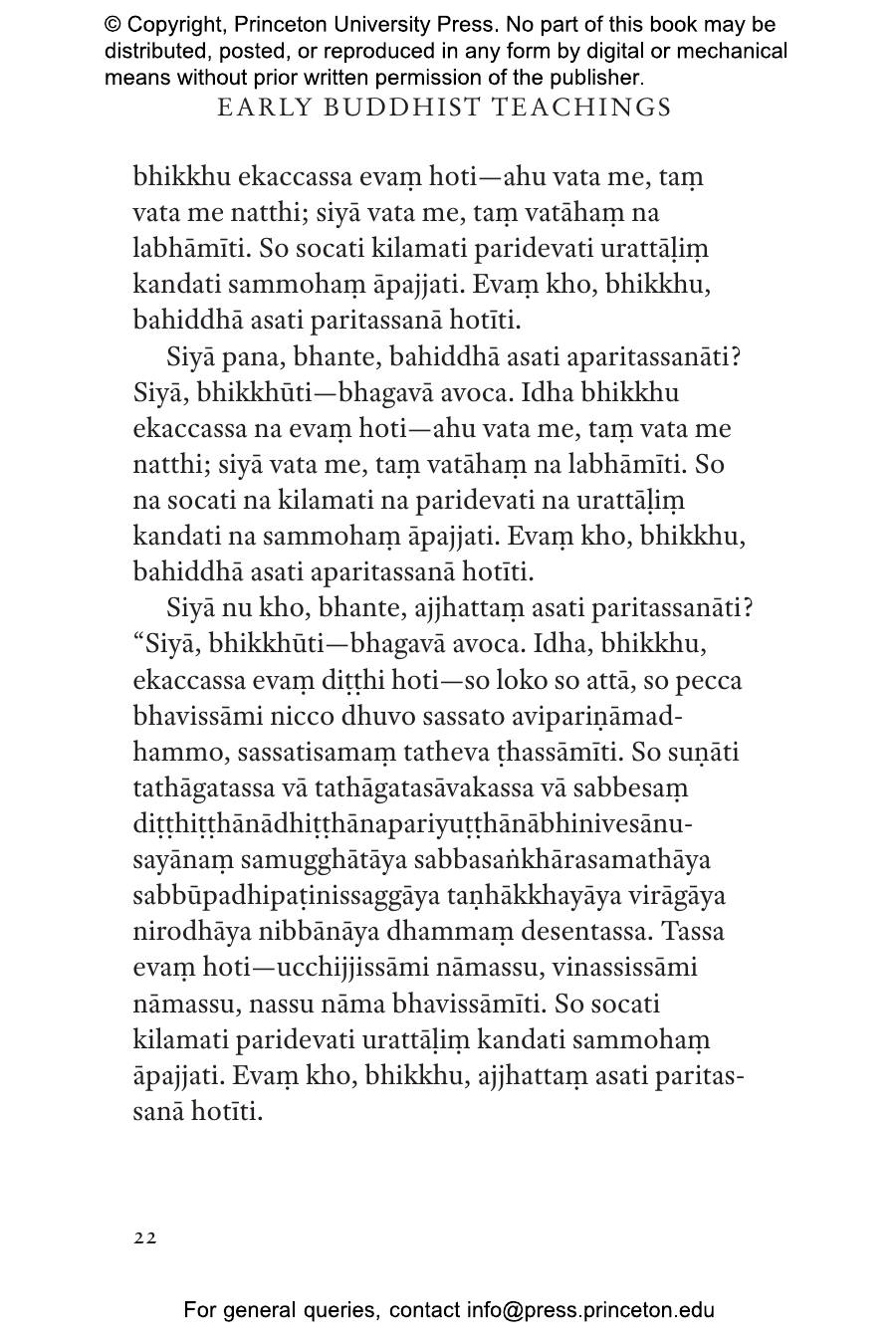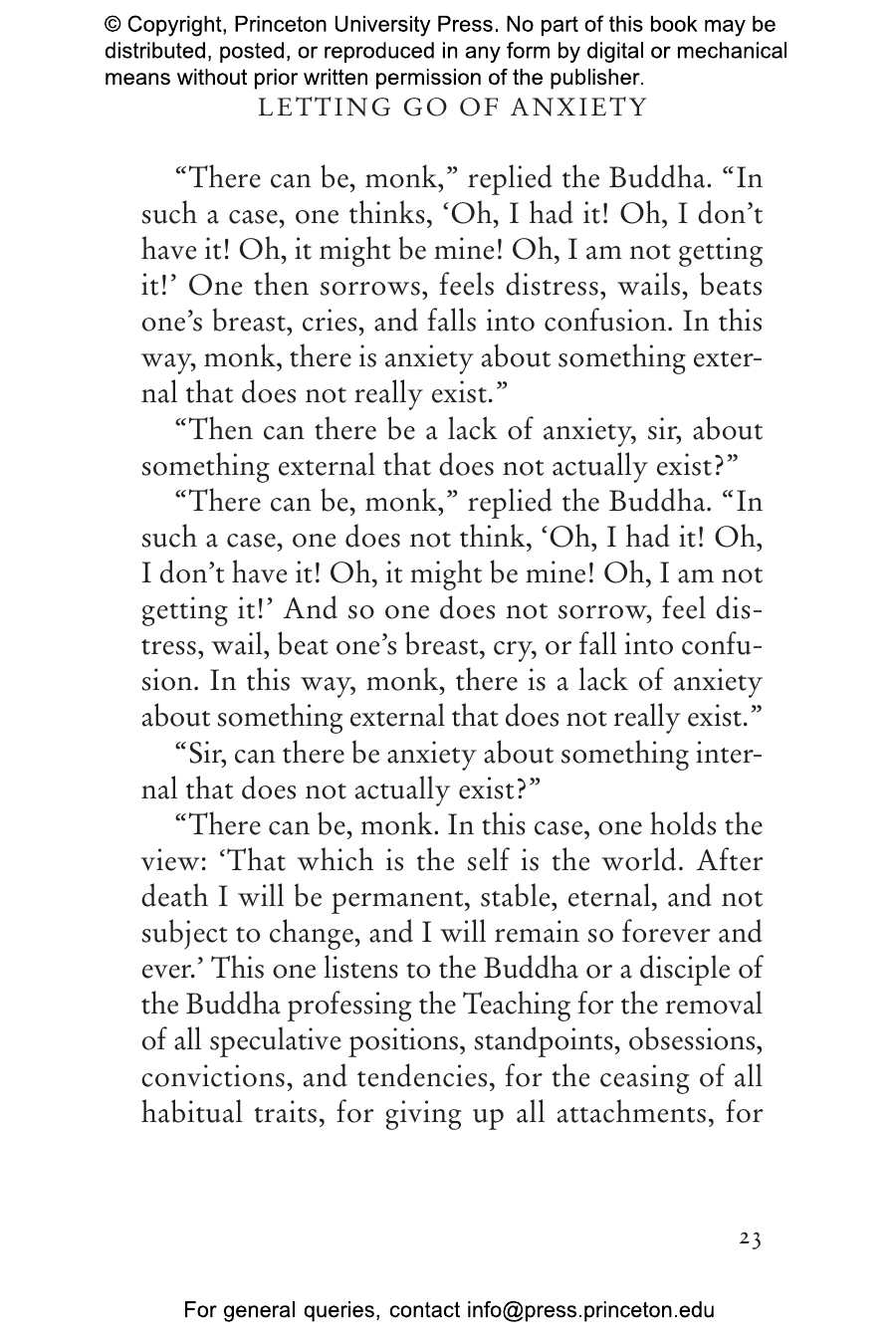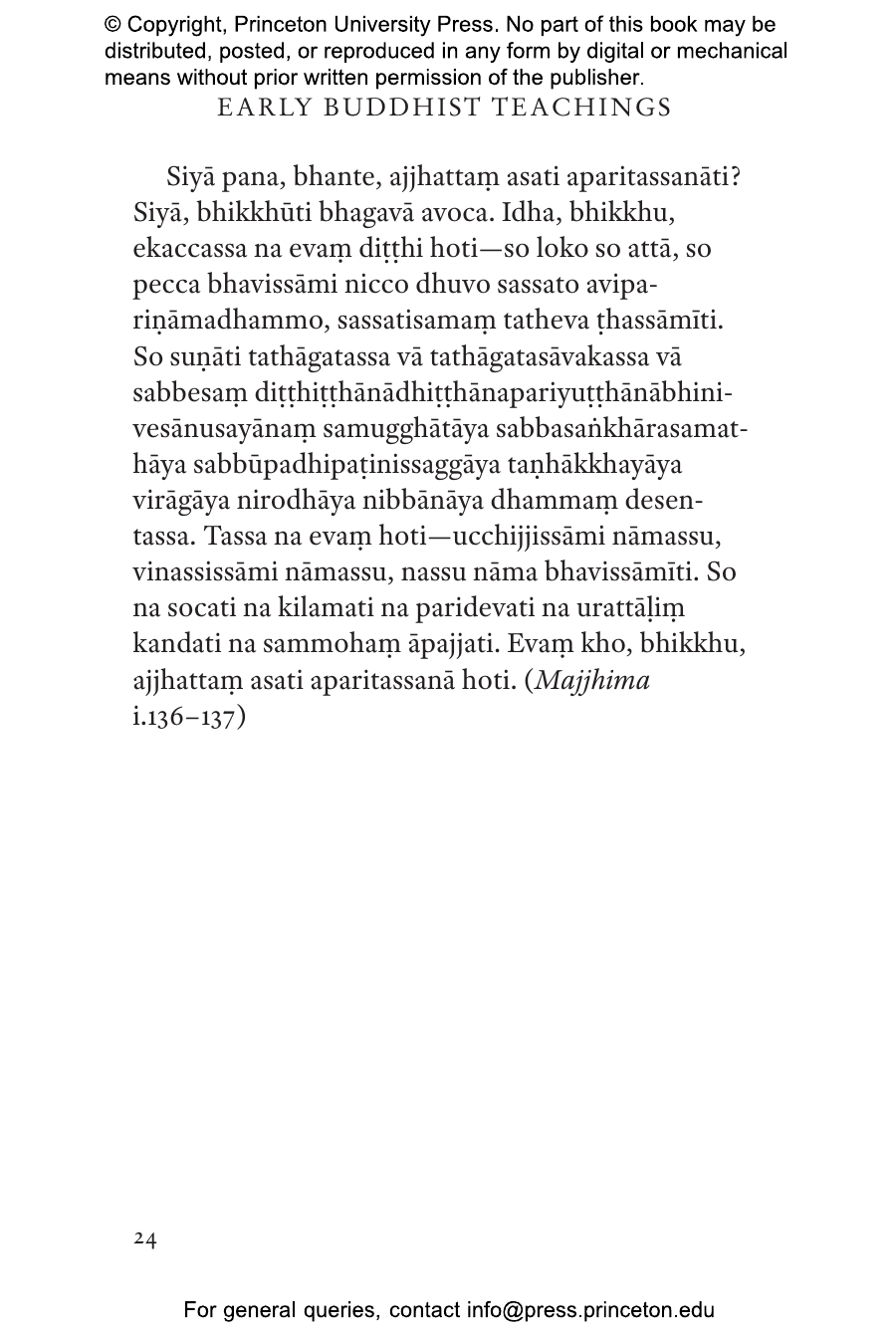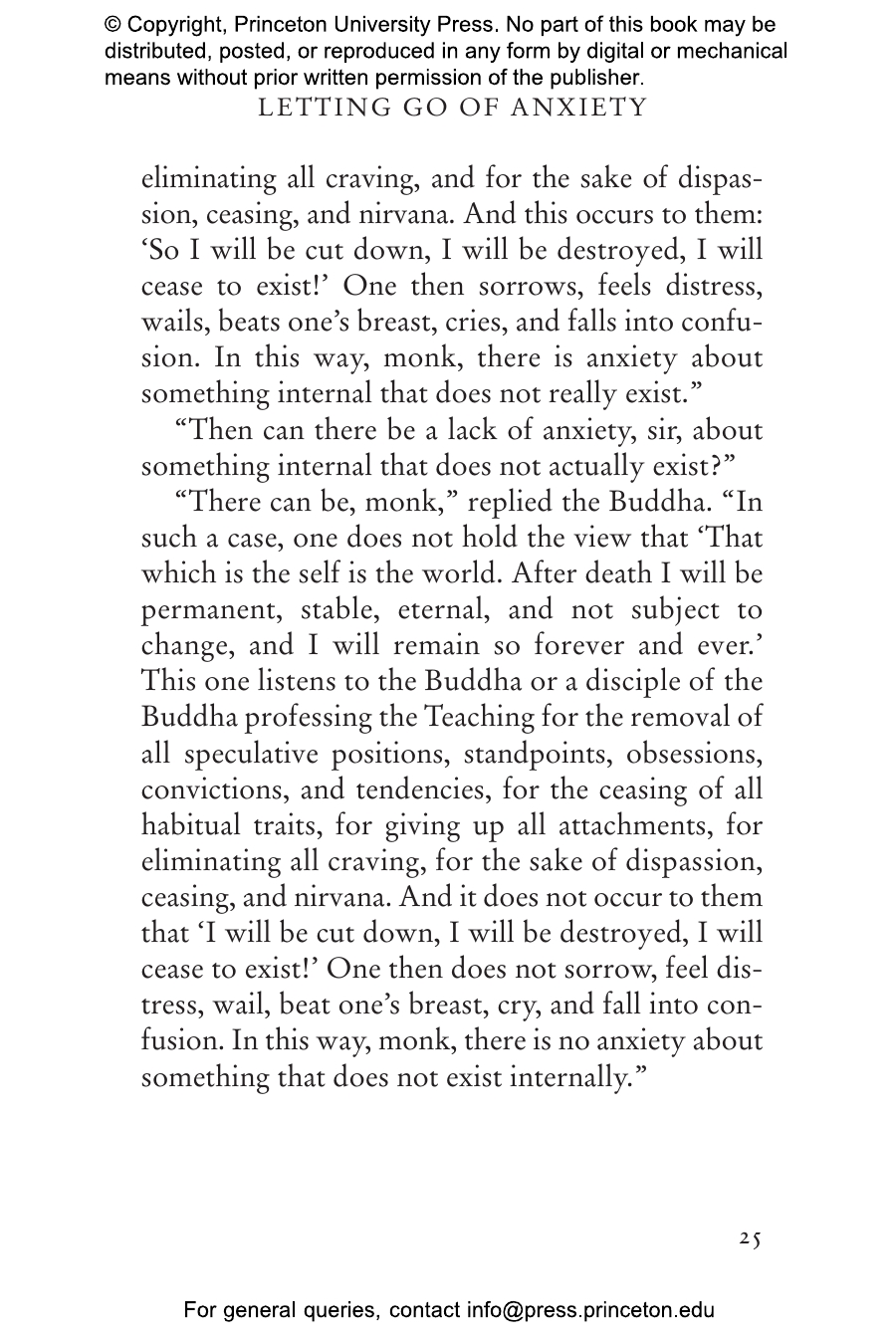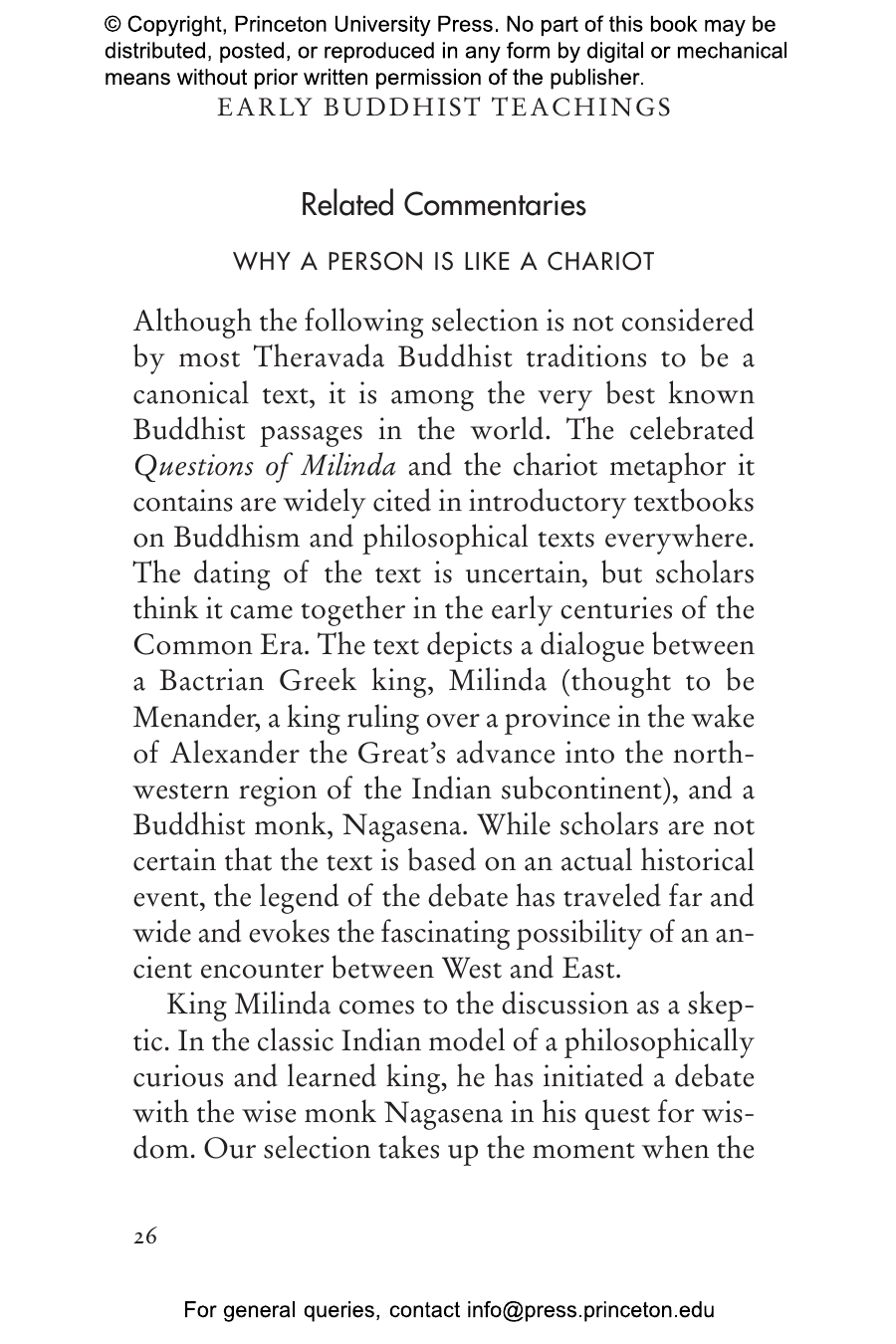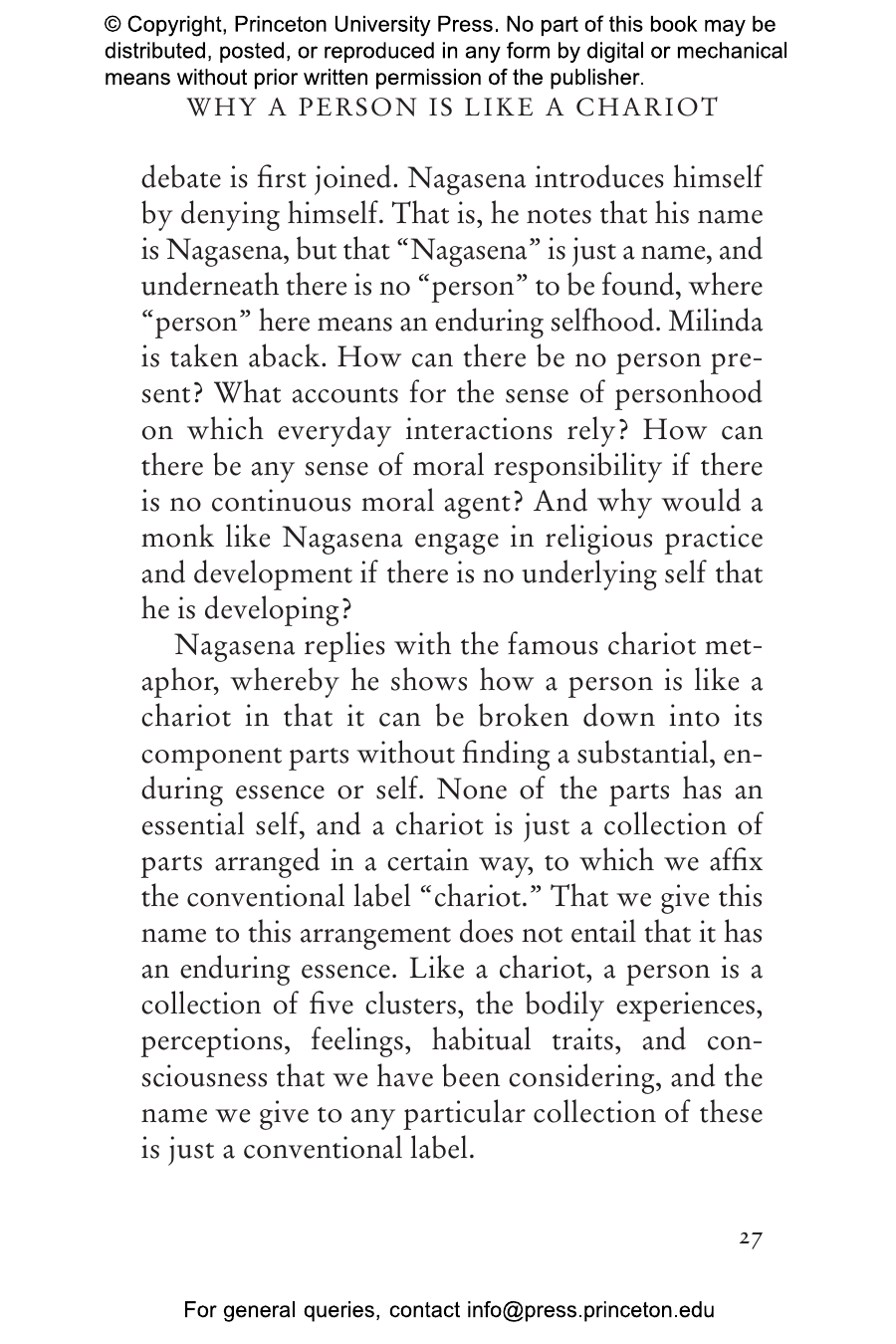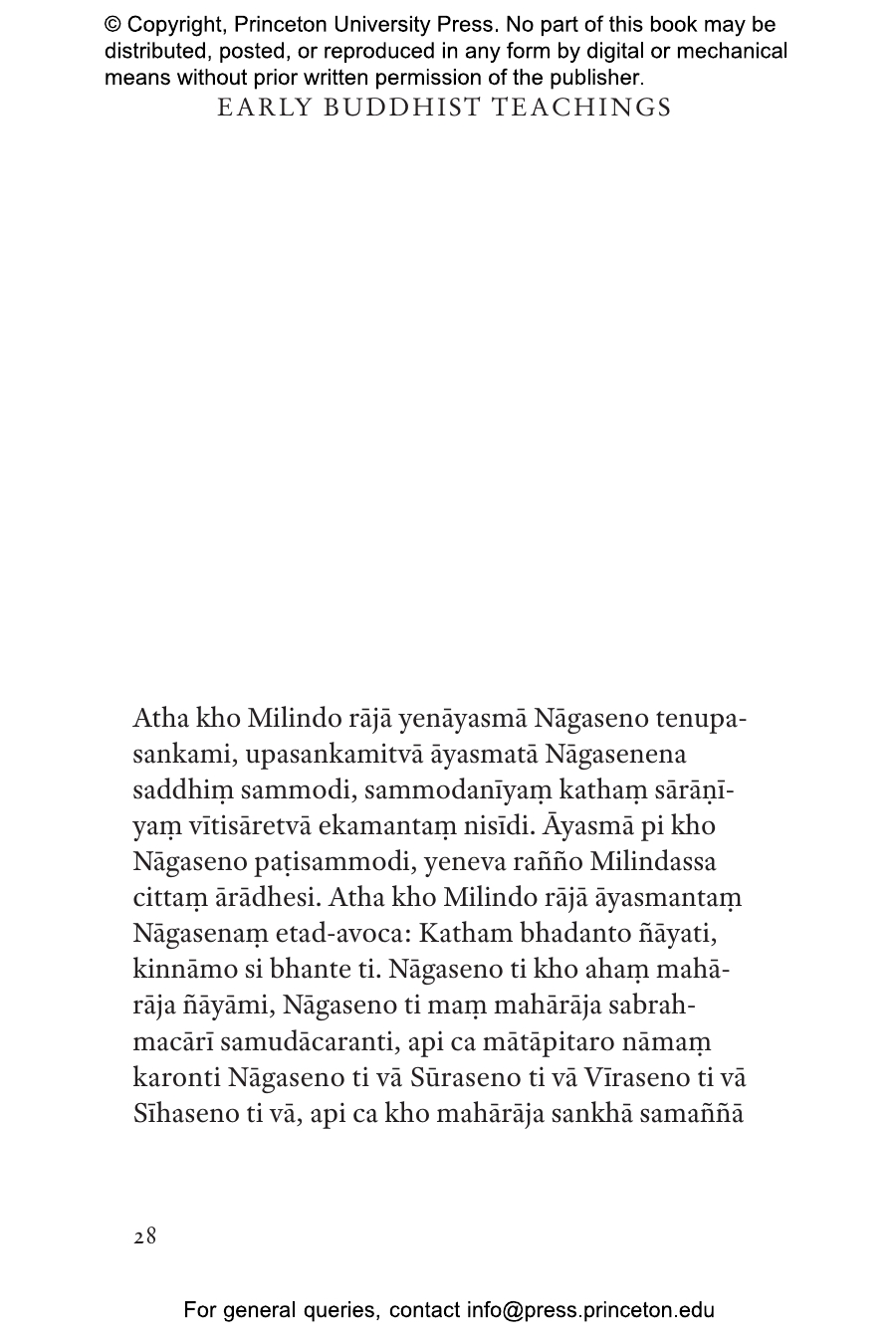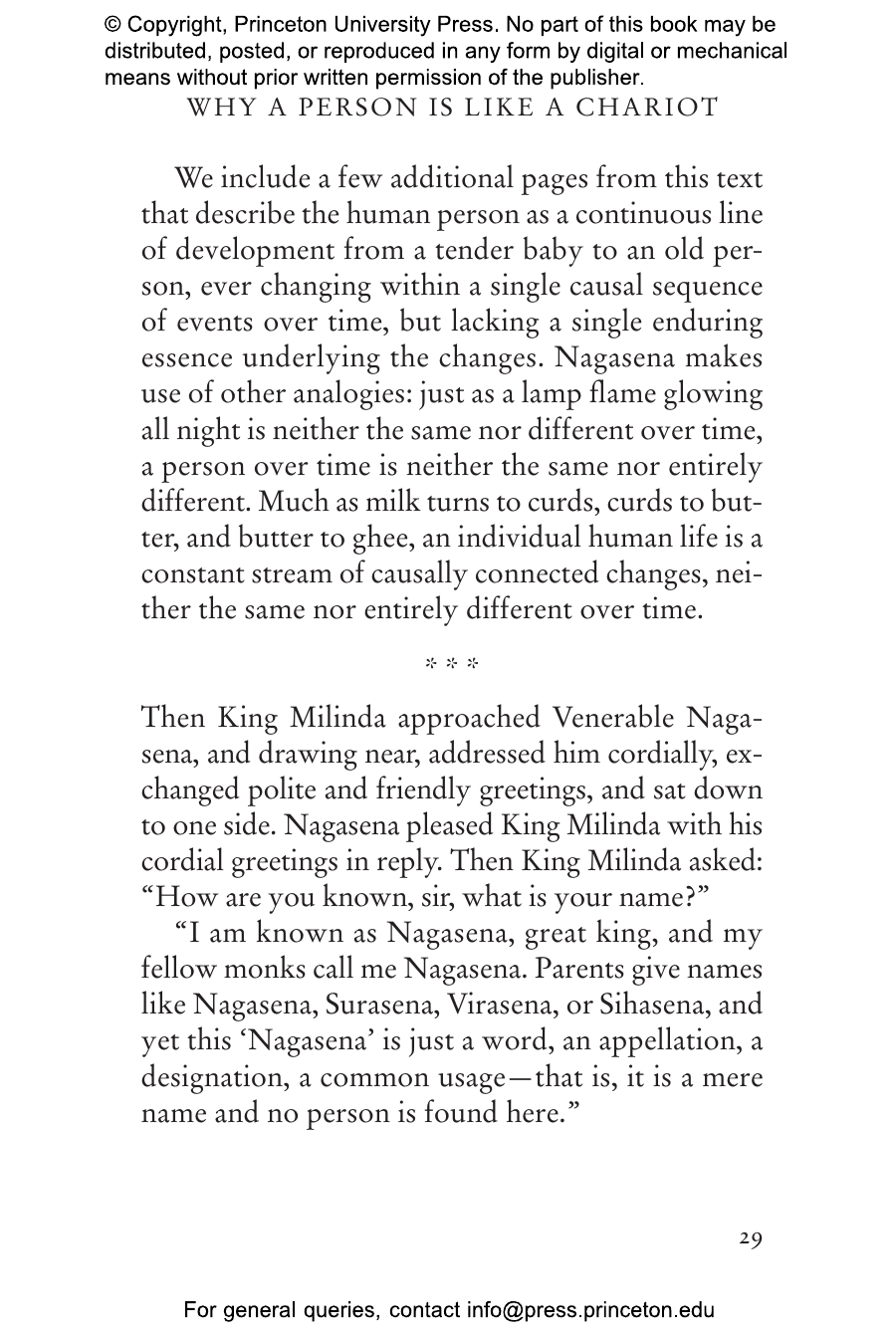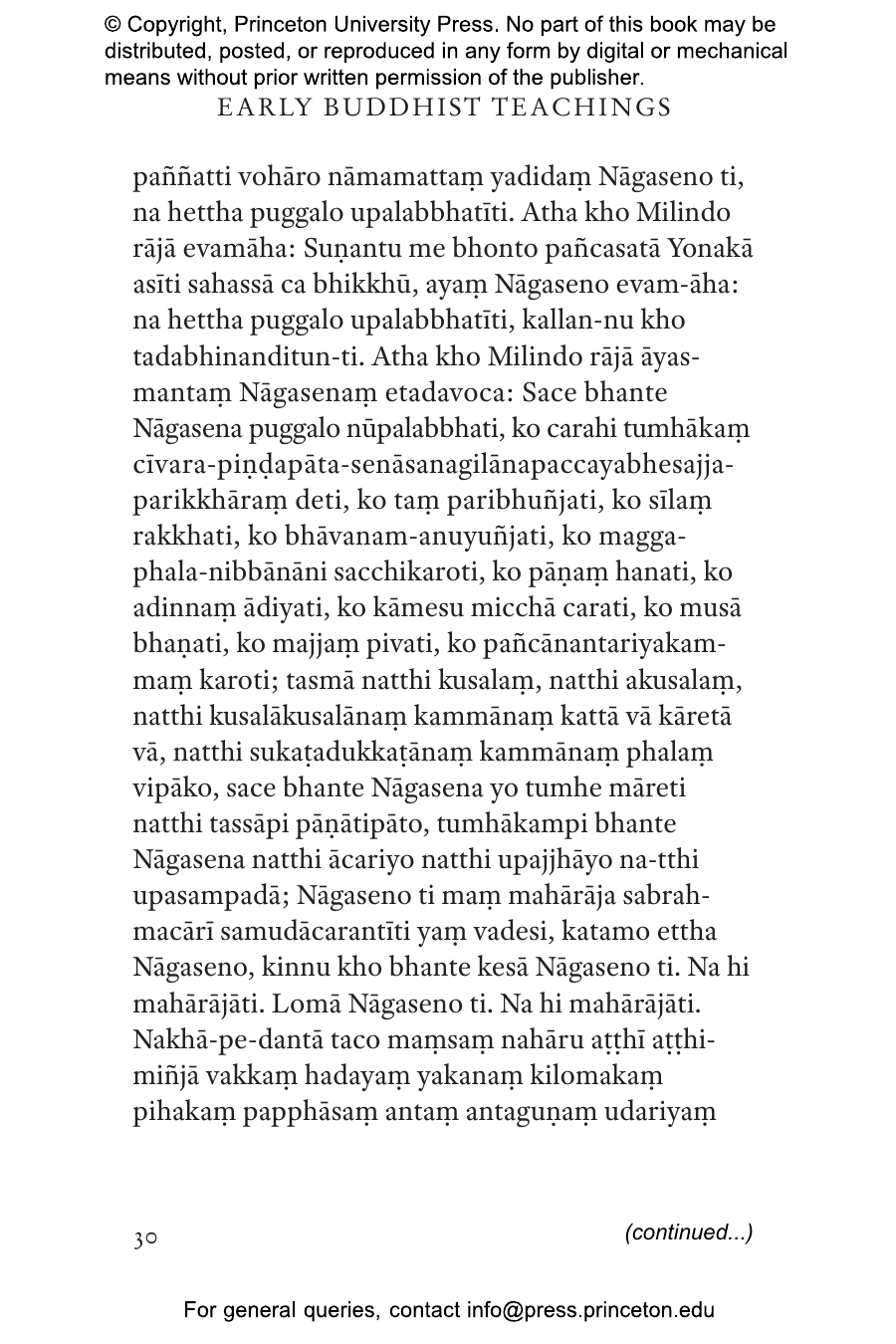From self-realization and self-promotion to self-help and the selfie, the modern world encourages us to be self-obsessed. We are even told that finding ourselves is the key to happiness. Better to lose yourself! More than 2,500 years ago, the Buddha argued that the self is an illusion—and that our belief in it is the cause of most, if not all, of our suffering. How to Lose Yourself presents lively, accessible, and expert new translations of ancient Buddhist writings about the central, unique, and powerful Buddhist teaching of “no-self.”
Drawn from three important Buddhist traditions, these essential Indian, Tibetan, and Chinese writings provide a rich sampling of the ways Buddhist philosophers have understood the idea that we are selfless persons—and why this insight is so therapeutic. When we let go of the self, we are awakened to the presence of all things as they truly are, and we let go of the anxiety, fear, greed, and hatred that are the source of all suffering.
Complete with an introduction and headnotes to each selection, and the original texts on facing pages, How to Lose Yourself is a concise guide to a transformative idea.
Jay L. Garfield is the Doris Silbert Professor of Philosophy and Buddhist Studies at Smith College and a visiting professor of Buddhist philosophy at Harvard Divinity School. He is the author of Losing Ourselves: Learning to Live without a Self (Princeton). Maria Heim is the George Lyman Crosby 1896 & Stanley Warfield Crosby Professor in Religion at Amherst College. She is the author of Words for the Heart: A Treasury of Emotions from Classical India (Princeton). Robert H. Sharf is the D. H. Chen Distinguished Professor of Buddhist Studies in the Department of East Asian Languages and Cultures at the University of California, Berkeley, where he chairs the Numata Center for Buddhist Studies. He is the author of Coming to Terms with Chinese Buddhism.
“In this important and rich book, Jay Garfield, Maria Heim, and Robert Sharf have translated and framed core Buddhist texts on why dismantling notions of the self is at the very heart of Buddhism. But this book is not only for Buddhists. It is a revolutionary collection about liberating ourselves from the grip of selfishness and realizing our true personhood.”—Roshi Joan Halifax, Zen Buddhist teacher and author of Being with Dying
“How to Lose Yourself is a wonderful book exploring the different ways Buddhist teachings help us to understand ourselves as well as our non-self. The translations make for an enjoyable read and reveal how to let go so that we can lead a wise and compassionate life.”—Martine Batchelor, meditation teacher and author of The Spirit of the Buddha
“This excellent selection of classical Asian texts with introductions by leading scholars offers the best entry point to appreciating the Buddhist teaching of ‘no-self.’”—Evan Thompson, author of Why I Am Not a Buddhist
